
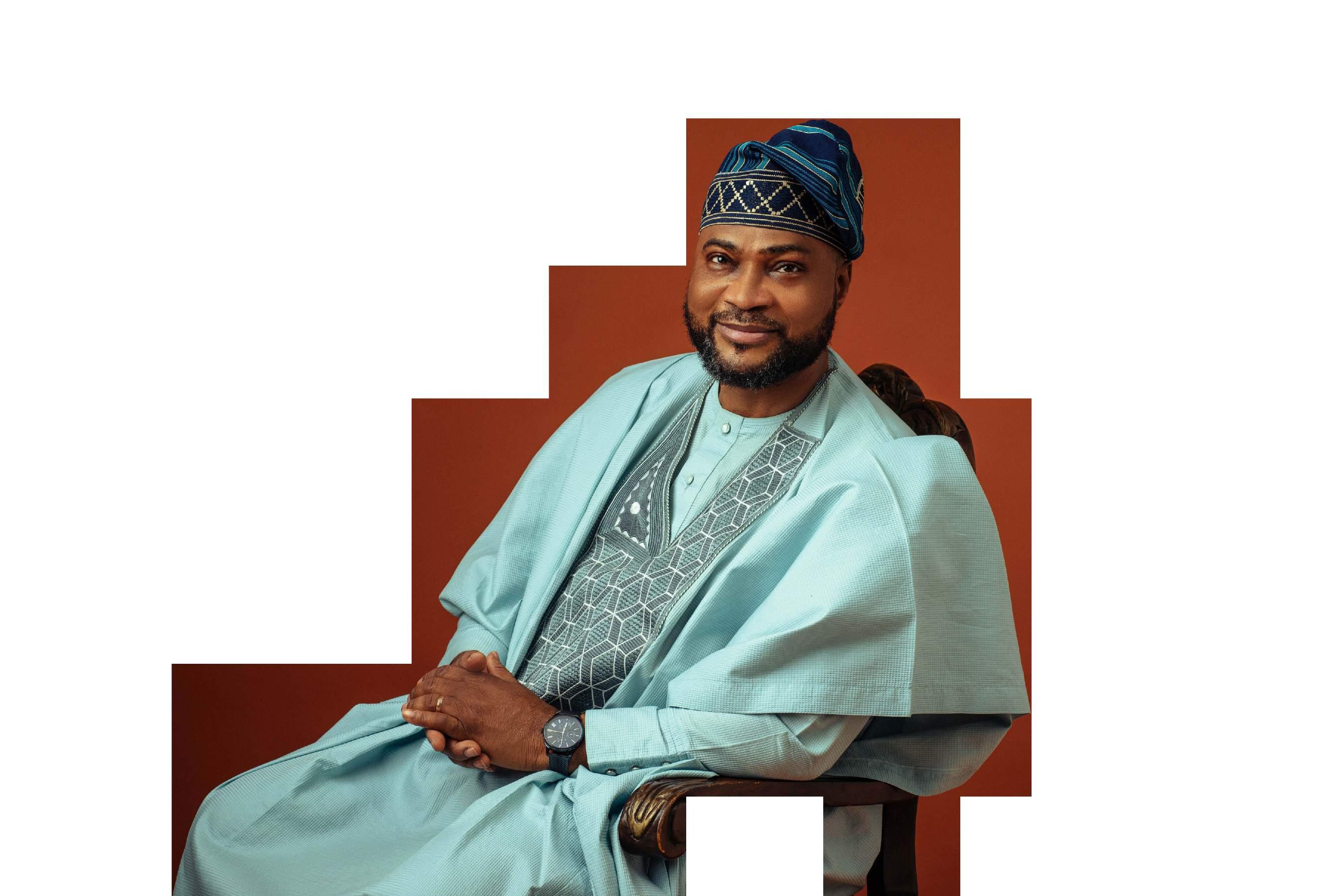




ISSUE 109 / MAR. 2023 N5,000 / $12 / £10 EXCLUSIVE INTERVIEW With AKINREMI IS A UNITED STATES OF AFRICA POSSIBLE? ASIWAJU AHMED BOLA TINUBU PRESIDENT ELECT, FEDERAL REPUBLIC OF NIGERIA BOLAJI AMBASSADOR

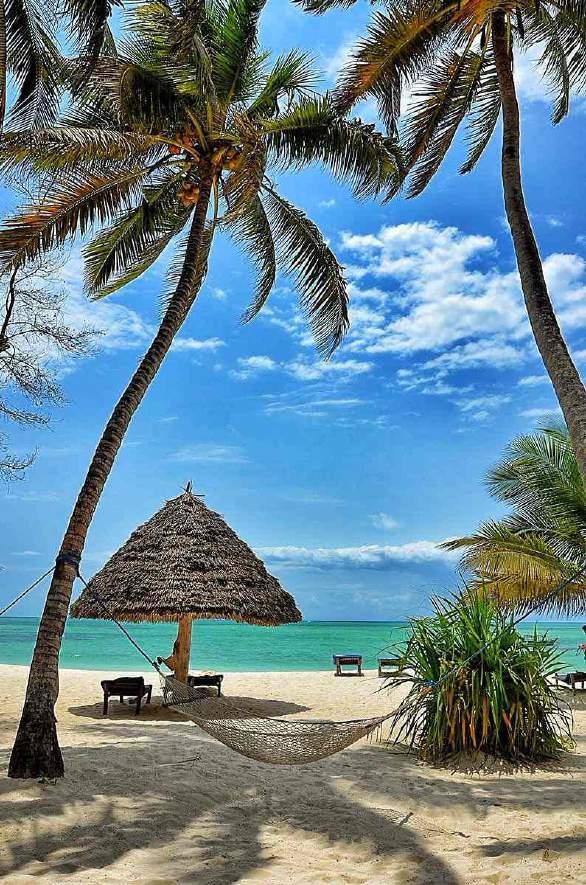
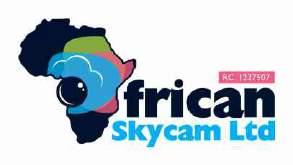
3
Abiodun
Mobolaji
H.E Paballo Makhetha (South Africa)
Chinecherem
Development Manager 234803 397 5746 +44746 6234 902
Acholem
G. Business
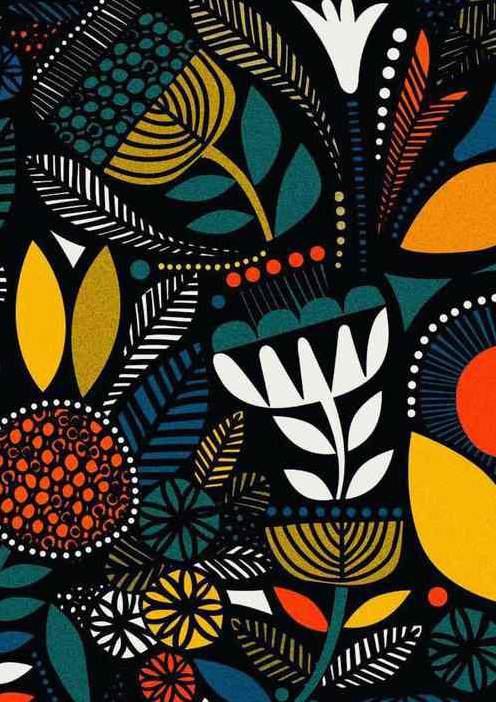
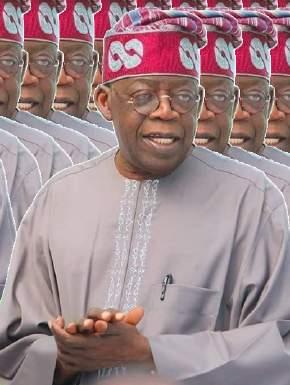

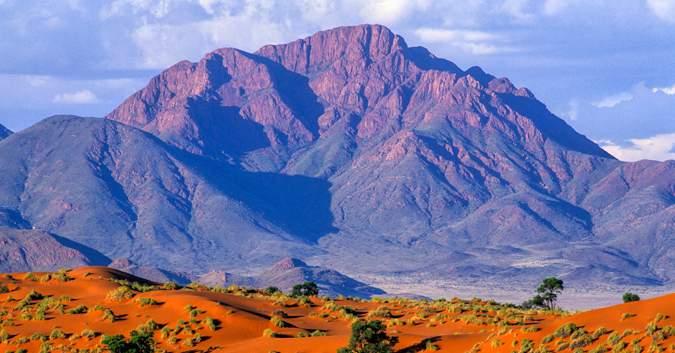
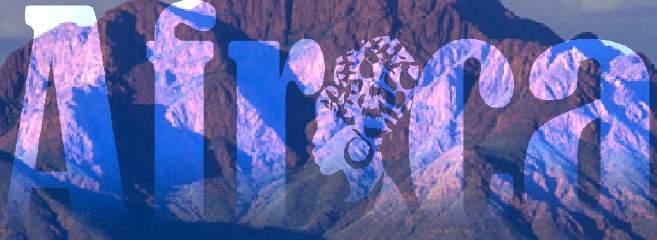

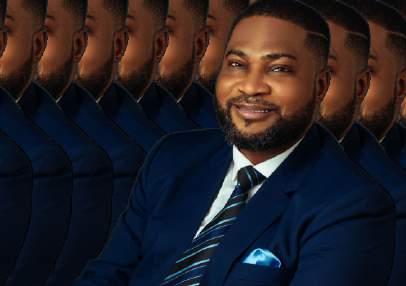
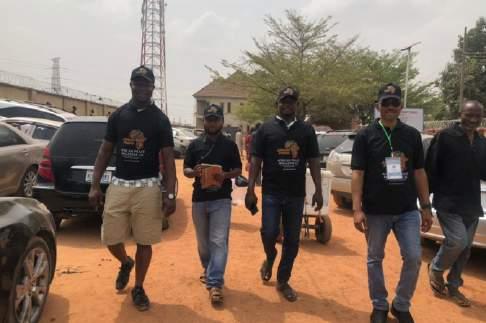

4
The word diplomacy is defined as the process of establishing mutual understanding between two or more countries. It is based on the belief that peaceful relations can be established by communication between the two countries. In order to develop these relations, both parties must be open to the possibility of some form of conflict resolution. However, diplomacy can only be successful when each party is willing to compromise. The process of establishing an understanding between two parties can be fraught with difficulty and misunderstanding, and it can sometimes lead to conflict and war.
In ancient times, the process of diplomacy was used by nations to negotiate treaties and peace accords. It allowed the parties to discuss issues that might otherwise have led to conflict. Diplomacy has also been used during the past century in international affairs to resolve disagreements between nations. For example, the Egyptians and the Romans used diplomatic techniques to resolve their disputes with other nations. The Romans used the word “diplomacy” to refer to this practice.
However, over the years, diplomacy has evolved into a tool for manipulating foreign policy. It is used to advance the interests of certain nations over others, and it often involves using force to achieve political goals. This has led to a number of cases of abuse by powerful nations of diplomatic processes. As a result, many people today see diplomacy as a tool of weakness rather than strength. Today, the main form of diplomacy is covert political activity Notwithstanding diplomacy is still a very good tool in international relations and can be a great tool for creating understanding and resolving conflicts between nations. It can be a good way to build up mutual understanding and friendship between nations by working together to reach a common goal or achieving an objective that benefits both parties. Diplomacy is an important skill that should be developed by all leaders and officials in order to
ensure that they have the skills necessary to resolve conflicts and achieve success in international relations. The ability to negotiate and compromise is essential to success in diplomacy.
African nations have used diplomacy over the years in resolving conflicts between nations in Africa. They have used diplomatic negotiations to resolve disputes over boundaries and borders between various African nations and their neighbours. They have also used political and diplomatic means to bring about peace and harmony between rival countries and ethnic groups within the African continent. This is one of the ways in which the African continent has been able to achieve peace and stability in its region over the years.
Ambassadors play a critical role in international diplomacy in resolving international disputes and promoting trade between countries. They are responsible for carrying out diplomatic missions that promote peace and economic development across the globe. They act as the intermediaries between the governments of two or more countries to promote peace and cooperation between them. This is one of the main reasons why they are crucial players in international diplomacy. Ambassadors must have the skills and qualifications to be effective diplomats.
In this edition we celebrate quintessential diplomat, Ambassador Akinremi Bolaji. He has devoted his life to making the world a more peaceful place through his compassion and dedication to service. His integrity, persistence, optimism, and sense of our common humanity is highly commendable. A highly respected father and grand farther and a very kind hearted man.
We also have the 2023 Nigerian Election interim report as well as other interesting articles
Enjoy it
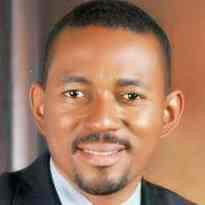 Editor-in-Chief NOAH Ajare
Editor-in-Chief NOAH Ajare

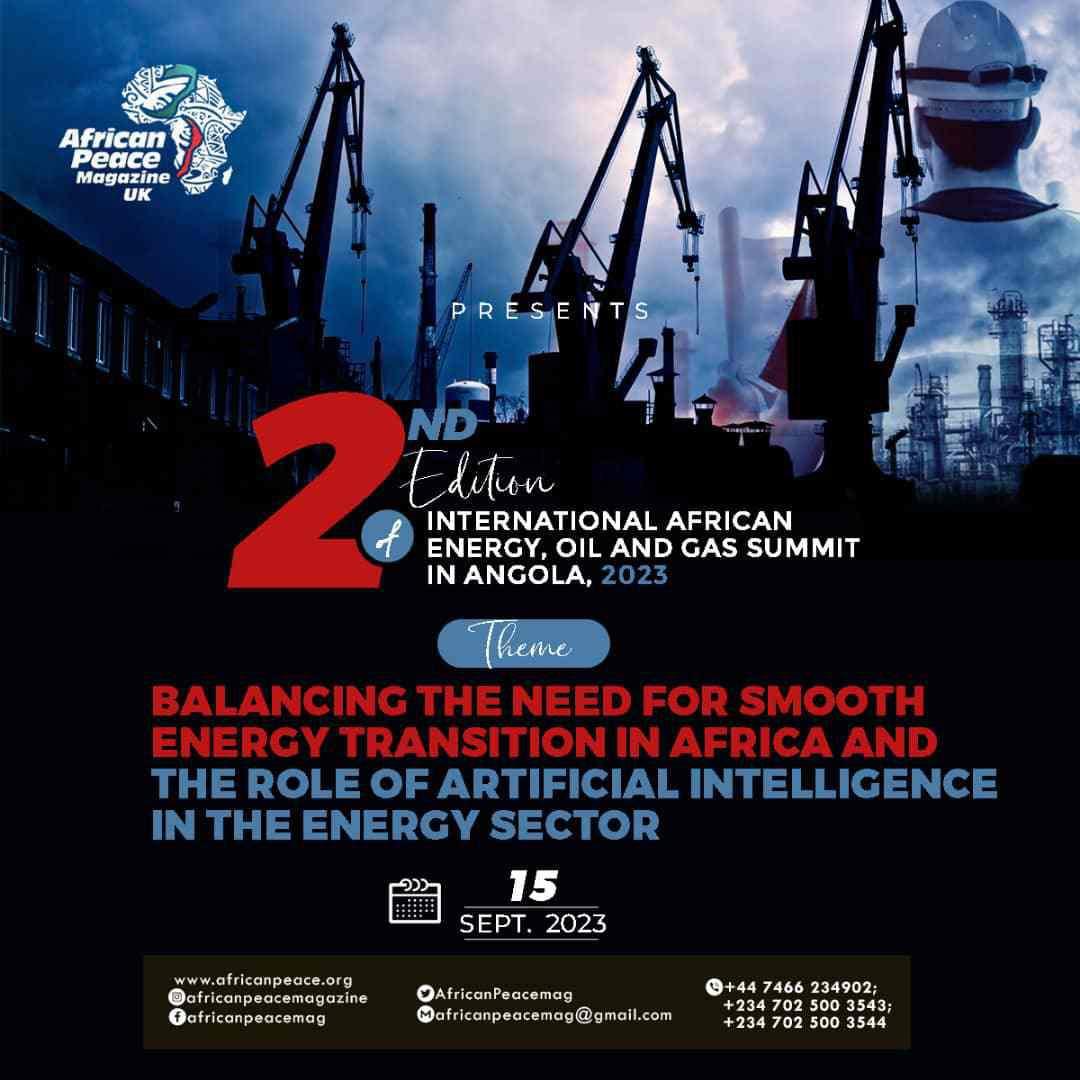
6
EXCLUSIVE INTERVIEW With
AKINREMI BOLAJI AMBASSADOR
KINDLY
TELL US A LITTLE ABOUT YOURSELF.
I am a Nigerian of about sixty years old, a Husband of one wife, a Father of lovely children, female and male, and a Grandfather. In terms of work and roles, I am a public servant, a Foreign Service Officer and a Diplomat, now at the zenith of my career. By faith, I am a devout Christian and a preacher of the Gospel, daily carrying my cross.
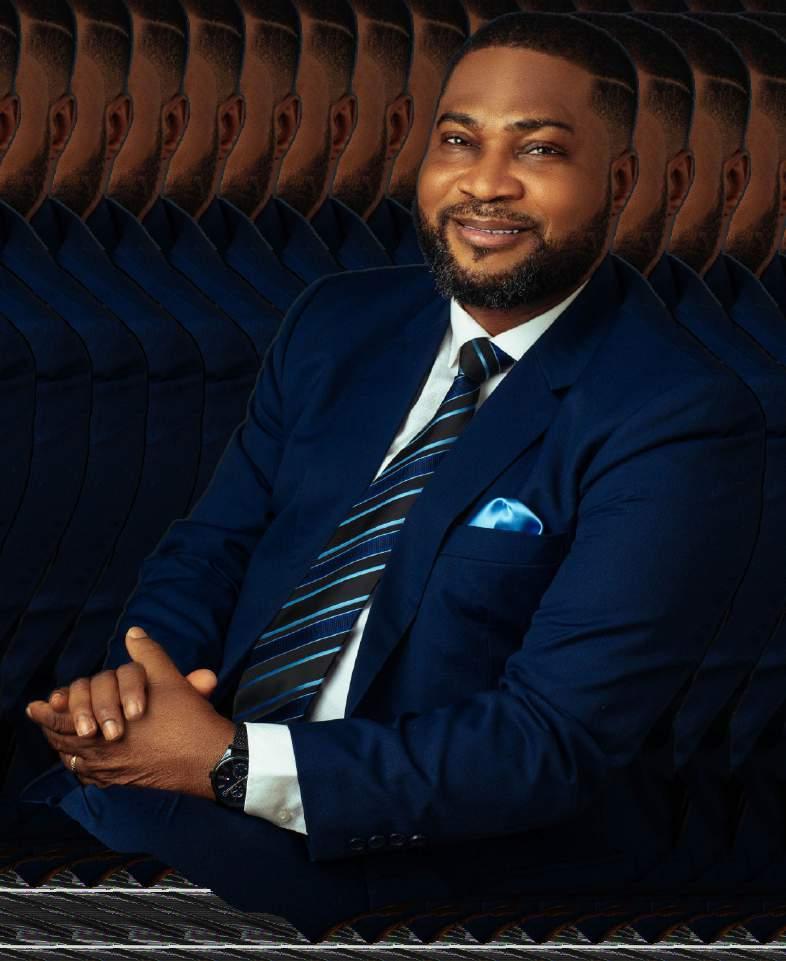
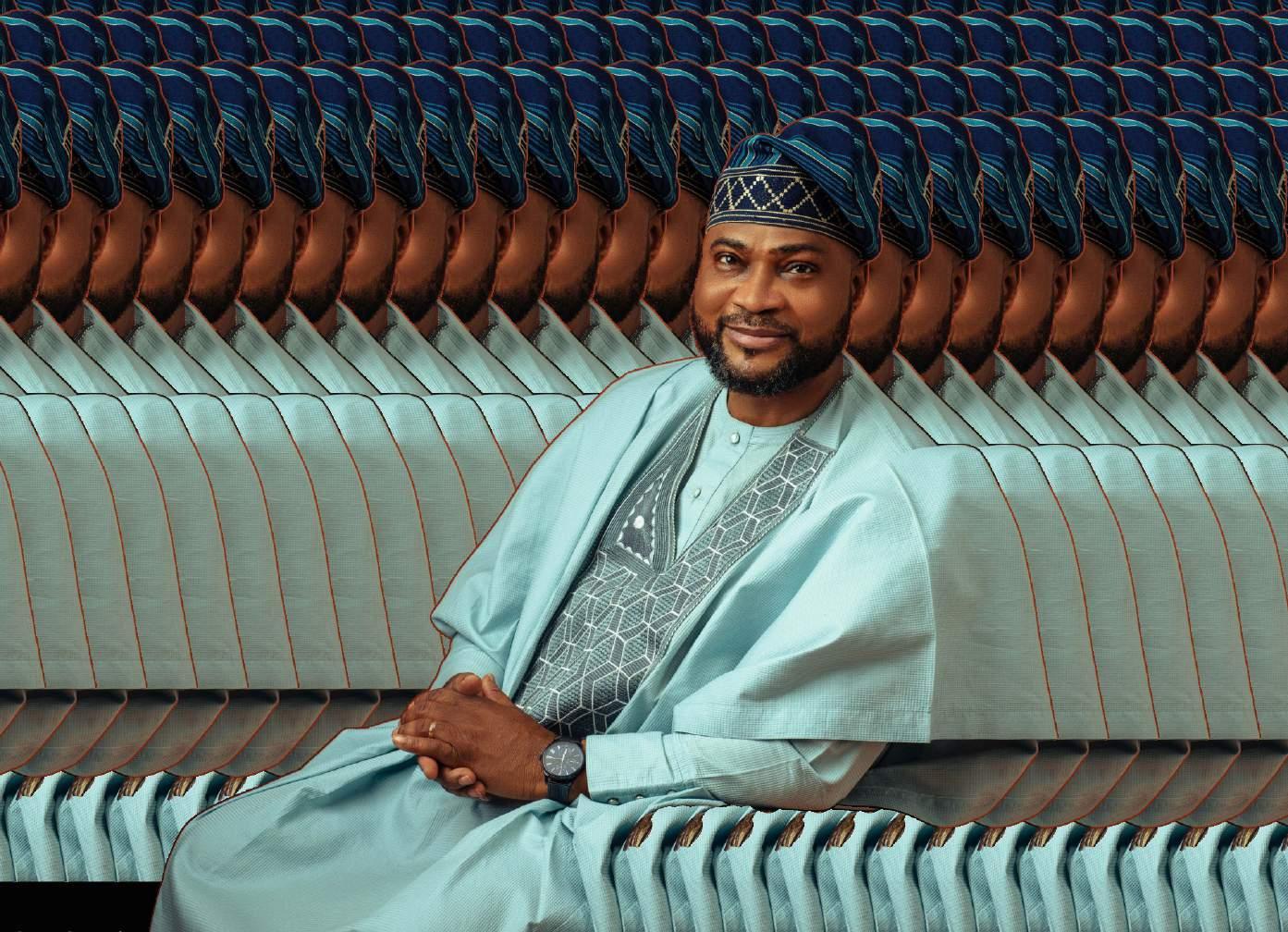
I was born and bred in Ibadan, Oyo state, Southwest Nigeria. Schools at an early age were St. Cyprian Catholic Primary School, Oluyoro Oke-Offa and
St. Peters Anglican Primary School, Aremo, Ibadan. I attended Secondary School at Iroko Community Grammar School, Iroko, Ibadan. The motto of my secondary school, which is “Play Well Your Part” has a great influence on my philosophy in life. I obtained First and Second Degrees, B.Sc. & M.Sc. in International Relations from the famous University of Ife, now Obafemi Awolowo University.
It’s a pleasant experience working in the Foreign Service. It’s in sync, as I am practising what I studied in school My work brings fulfilment and satisfaction.
7
TELL US ABOUT YOUR COMPANY /ORGANIZATION / MINISTRY.
Currently, I am the Director of Economic, Trade & Investment at the Ministry of Foreign Affairs Nigeria. My portfolio is vast and cuts across government and the booming private sector in our country. Over the past three decades, I have travelled in the course of contributing to the pursuit of Nigeria’s National Interest and Foreign Policy aspirations. I have coordinated Business and Investment Forum with Brazil, Bangladesh, Burundi, Canada, Egypt, Ireland, Indonesia, Japan, South Korea and the United States of America to mention a few. The goal is to ensure that Nigeria maintains its position as a global economic powerhouse on our continent.
I have played significant roles in the foreign service and early in my career I was one of the select few in every set
that was given an opportunity of training abroad.
I was trained at the Indian Foreign Service Academy, New Delhi, earlier in my career years. I have worked and headed, in almost all critical desks in the Foreign Ministry, including the IntraAfrican Affairs Department, Protocol Department European Affairs Division, Public Communications & Crisis Management, Policy Planning Division, Consular & Legal Department and my current Department Economic, Trade & Investment.
Concerning Foreign posts, I rose through the diplomatic ranks to become Minister Plenipotentiary and finally Ambassador. I have had the opportunity to head a Nigeria Diplomatic mission in a firstworld-developed country; Singapore.
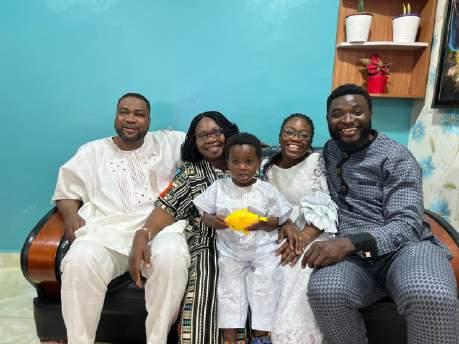
I earned the tag “Multilateralist in Diplomacy” because of my roles in Nigeria’s Mission to OAU then and now AU, in Addis Ababa, Ethiopia and to the UN in New York, USA.
My roles have been deemed sterling at home and abroad.
WHAT DOES PEACE MEAN TO YOU?
Peace is not just the absence of hostility and violence but humanity’s highest values. Peace prefers cooperation over
Ambassador Bolaji Akinremi with Grandson and his parent
8
competition. It is a product of personal sacrifice for the good of many. The lifelong search for inner peace challenges us to learn more about ourselves, while allowing us to evolve with the seasons. To quote the Dalai lama “Do not let the behavior of others destroy your inner peace.”
CAN EDUCATION BRING ABOUT PEACE?
When education is accessible and our society is educated, society itself is transformed. We must continue to prioritize investment in education and educational transformation to reverse the downward trend of the UN’s SDGs and to unlock progress. However, not western educations as it were. In Afghanistan, the continued education of women and young girls is currently
being denied and the ripple effects will be felt by the entire world. Nobody should be deprived of their right to learn and their right to teach.
Education also teaches us about personal satisfaction and contentment whereby greed is minimized which reduces the quest for war and a grab mentality Education refines our character, our humanity and our approach and mannerism of how to relate to people.
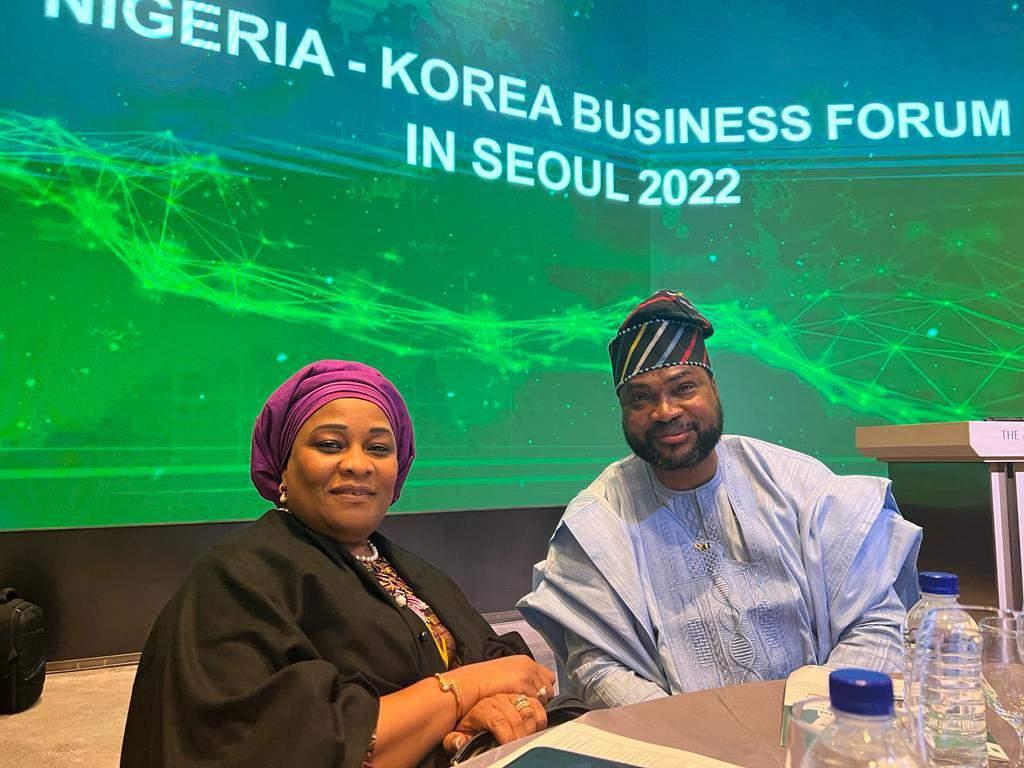
What’s your best approach to conflict resolution?
• Overcome an “us versus them” mentality.
• Avoid escalating tensions with threats and provocative moves.
9
• Recognize that all of us have biased fairness perceptions.
• Cooperation over competition.
WHY IS IT SO DIFFICULT TO TRADE AND TRADE WITHIN THE CONTINENT?
We may have a long way to go but we are getting there. To improve the outcome of trade negotiations and ensure better trade deals, nations must have a greater understanding of preexisting trade arrangements. The implementation of the AfCFTA would be a major step forward for Africa, showing the world that the continent is becoming a leader in promoting global trade. Technologically advanced and developed nations also have a role to play in deliberately supporting efforts to ensure that Africa can trade with itself. It is important for the West not to play African nations against one another. The whole world must come together to foster cohesion and collaboration.
WHY DO AFRICANS HATE EACH OTHER? (RACIAL DISCRIMINATION WITHIN THE CONTINENT)
I have travelled the entire world as a diplomat, and I can assure you that this statement couldn’t be further from the truth. We are a people full of joy and love and friendship. The perception could not be further from reality. Our
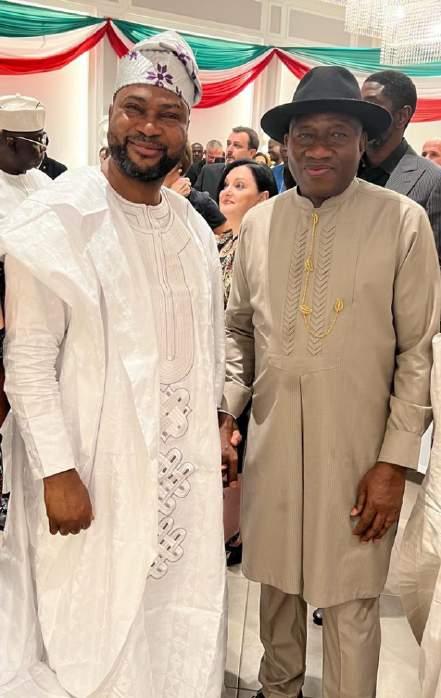
differences are what make us stronger, our similarities bring us closer together.
The African Continental Trade Agreement is a welcome development but it has not yielded the desired results. The AfCFTA agenda towards shared prosperity on the continent will require decisive actions by state parties in the areas of free movement of people and goods, border security and management systems, and transport infrastructure development, among others. It requires more patience. This is a brand-new trading bloc that will mature over time.
10
The Ambassdor with H. E Dr Goodluck Jonathan Former President of Nigeria
WHAT IS YOUR PLAN FOR ACHIEVING PEACE IN YOUR COUNTRY?
Peace starts with an individual and from within. A question I ask myself every morning is ‘who will I bring joy to today?’ Who will go to bed thanking God for my life? This action and these statements are not dependent upon a government agency or any public or private institutions. My peaceful actions are intentional
DO YOU BELIEVE THAT TECHNOLOGY IS HELPING TO MAKE THE WORLD MORE PEACEFUL?
Digital technologies provide peace builders with user-friendly, efficient and scalable tools that not only improve programming and communications but
can also create alternative infrastructures for peace – challenging dominant conflict narratives and fostering positive communication and social cohesion.
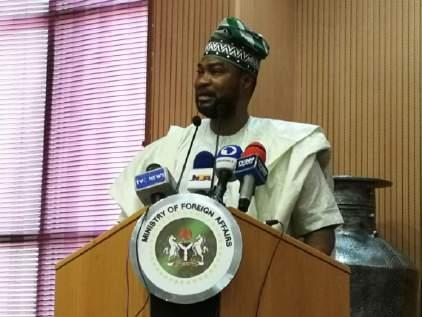

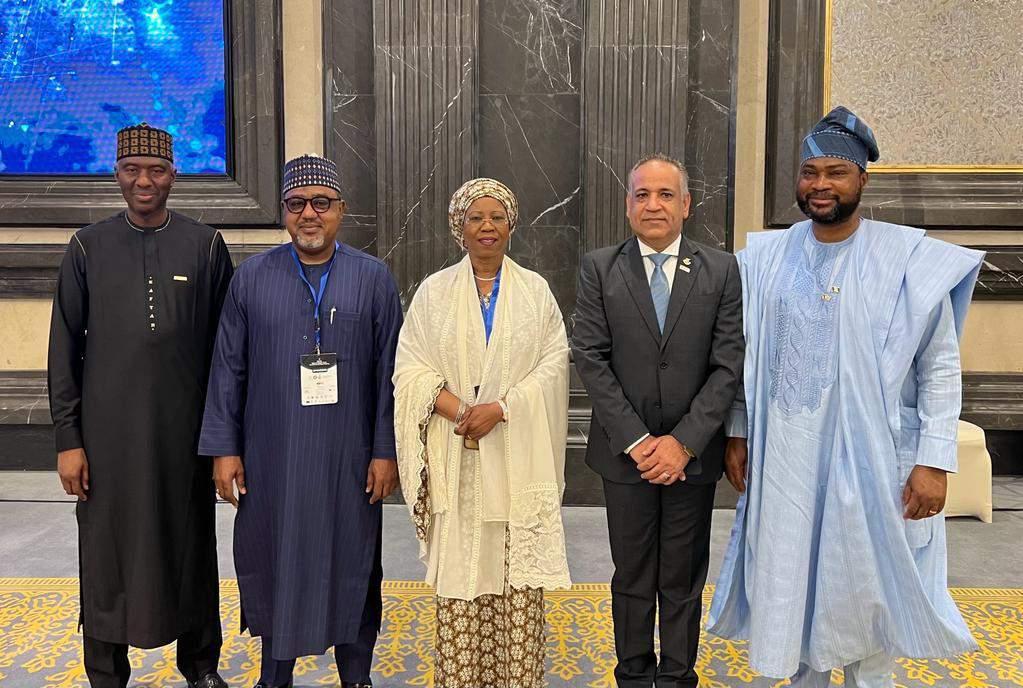
What advice do you have for the youth?
• Don’t rush to grow up
• Don’t try to plan your entire life out in one day, God already did. Take life as one day at a time;
• Don’t aspire only to monetary wealth, it doesn’t satisfy;
• Find a mentor, go to the Master and work with Like-minds or Master Minds!
11
Handshake with the President of Korea-Africa Foundation Ambassador Lyeo Woon-ki
WHY ARE FASHION, MUSIC, AND CULTURE ALWAYS IN THE NEWS? CAN WE CHANNEL THIS TO PROMOTE PEACE?
The creative economy can help diversify production, build competitive advantage, attract investment, support entrepreneurship and innovation, and promote cultural diversity and wellbeing. I am also passionate about
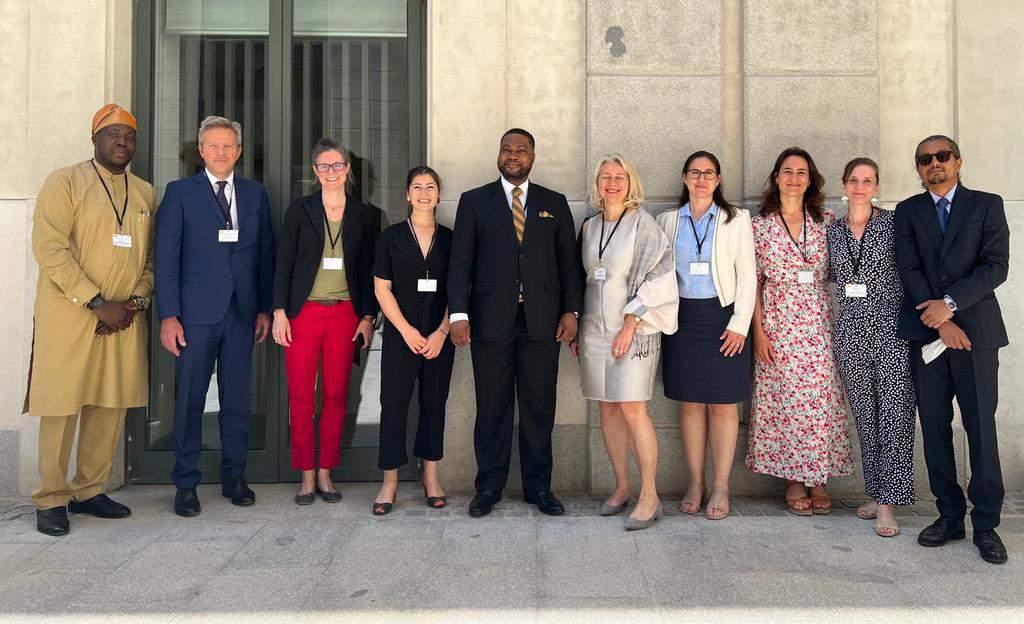
promoting tourism as a way to promote peace. Nigeria has been a victim of very negative marketing over the past few years but fortunately, our music and movie industry has helped us maintain our dominant force across the globe. Nollywood movies are viewed across continents and Afro Beat’s artists are selling out at the global arenas. Peopleto-people contact promotes peace.
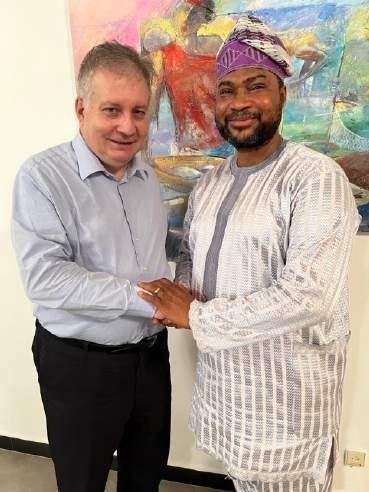
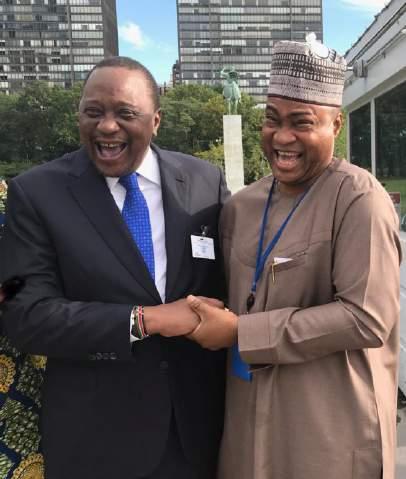 Standing with ICMPD staff as a participant/speaker at the Rabat Process meeting in May 2022 at Madrid, Spain
In a joyous moment with the Former President of Republic of Kenya H.E Uhuru Kenyatta
Standing with ICMPD staff as a participant/speaker at the Rabat Process meeting in May 2022 at Madrid, Spain
In a joyous moment with the Former President of Republic of Kenya H.E Uhuru Kenyatta
12
With the Ambassador of Italy to Nigeria H.E Stefano Pontesilli
WHAT DO YOU THINK OF NONGOVERNMENTAL ORGANIZATIONS IN PEACEKEEPING?
External observation is incredibly important. What is also crucial is accountability, scrutiny and transparency. One size does not fit all. Collaboration and networking. On the 24th February, 2022 same day Russia invaded Ukraine, I was in the West Minster, London signing a unique “Migration Partnership Agreement”, on behalf of Nigeria with the United Kingdom. So we need the combination of efforts by Government and NGOs to maintain global peace.
AFRICAN LEADERS ARE RENOWNED FOR HOLDING ONTO POWER AT ALL COSTS, WHAT IS YOUR VIEW?
The Bible says “the earth belongs to the Lord and the fullness thereof”. An Islamic cleric just reminded that, “Everything that’s on the sand is sand”. One day we
will all pass; there is no need to hold onto power or anything for that matter.
WHAT DO YOU THINK OF THE AFRICAN PEACE MAGAZINE INITIATIVE?
I would like to applaud you for the great work you are doing to promote inclusion within and beyond our continent. I am also glad that you have considered me worthy to interact with you. The path in search of peace is not an easy one, it takes sacrifice. The more we sacrifice the more we see the good in others.
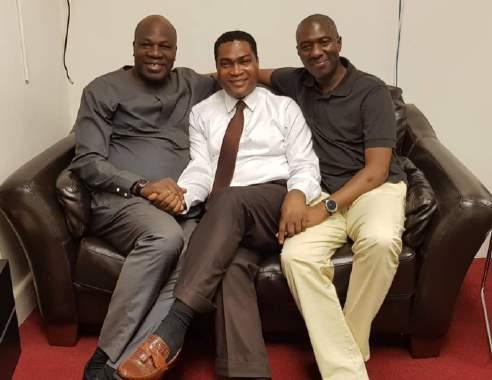
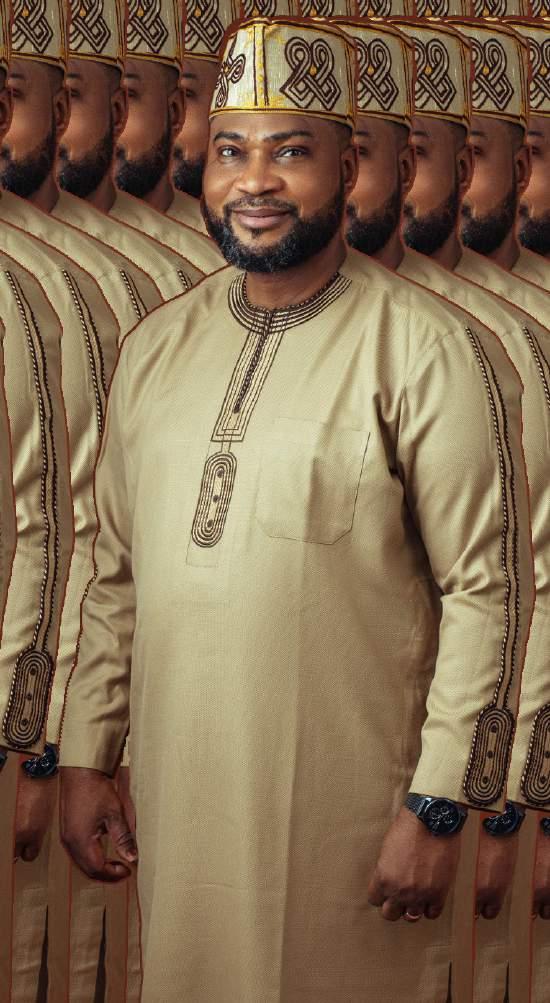
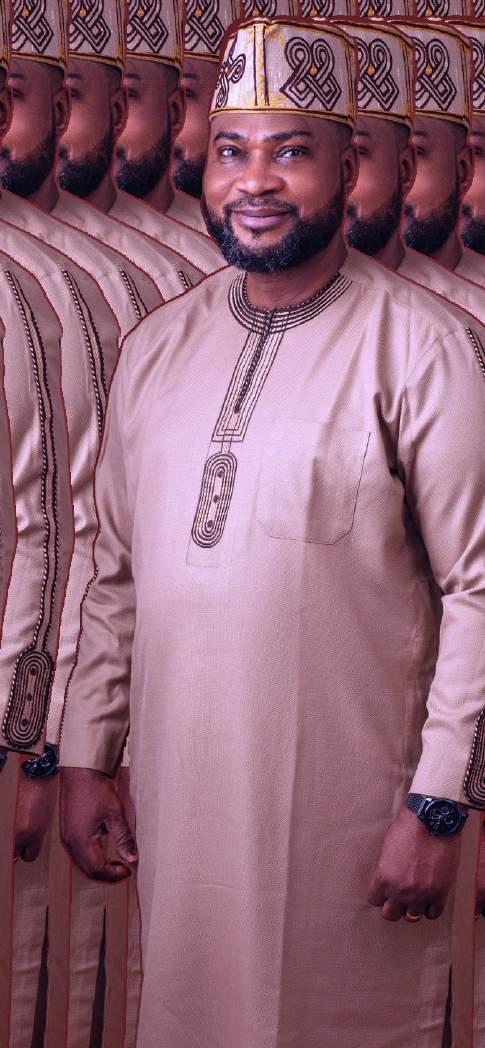
13


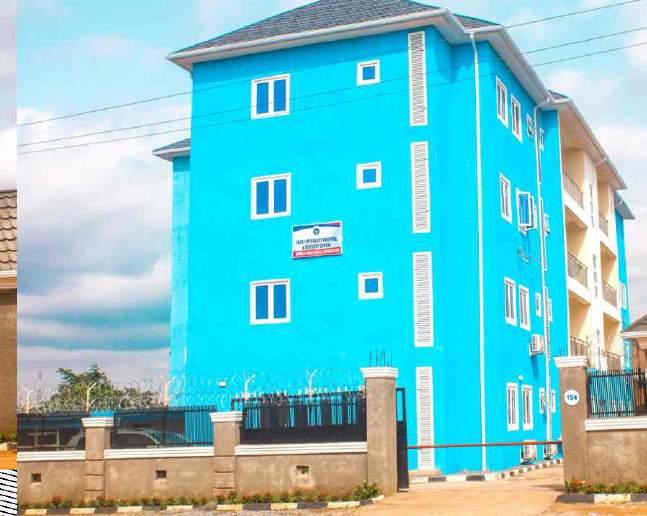
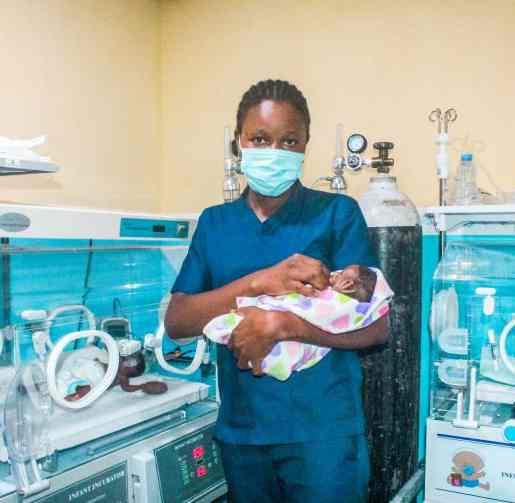





14



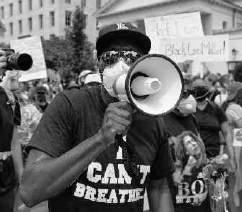
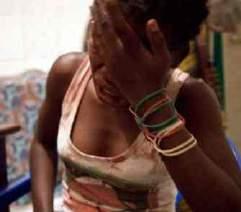
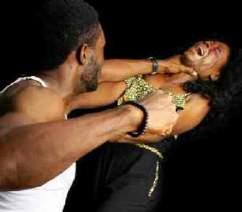
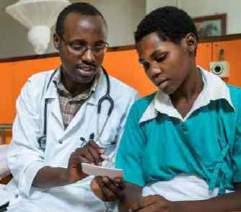
15
ENDING
I N A F R I C A
Ending child marriage is essential to give millions of adolescent girls the opportunity to realize their full potential, while improving maternal and child health. The Sustainable Development Goals target the elimination of all forms of harmful practices, including child marriage. We have a crisis on our hands. The UN estimates that 15 million girls experience child marriage each year.
Africa is home to 130 million child brides, both girls under the age of 18 who have already married and adult women who were married as children. Today, UNICEF launched
continental and regional reports on child marriage and female genital mutilation in Africa. The reports provide updates on the status of these practices and call on governments and regional institutions to accelerate efforts and to increase domestic resources to end child marriage and female genital mutilation, in line with the African Union Agenda 2063 and 2030 global agenda for sustainable development. The regional and global priorities are underscored by the The African Charter on the Rights and Welfare of the Child and the Convention on the Rights of the Child.
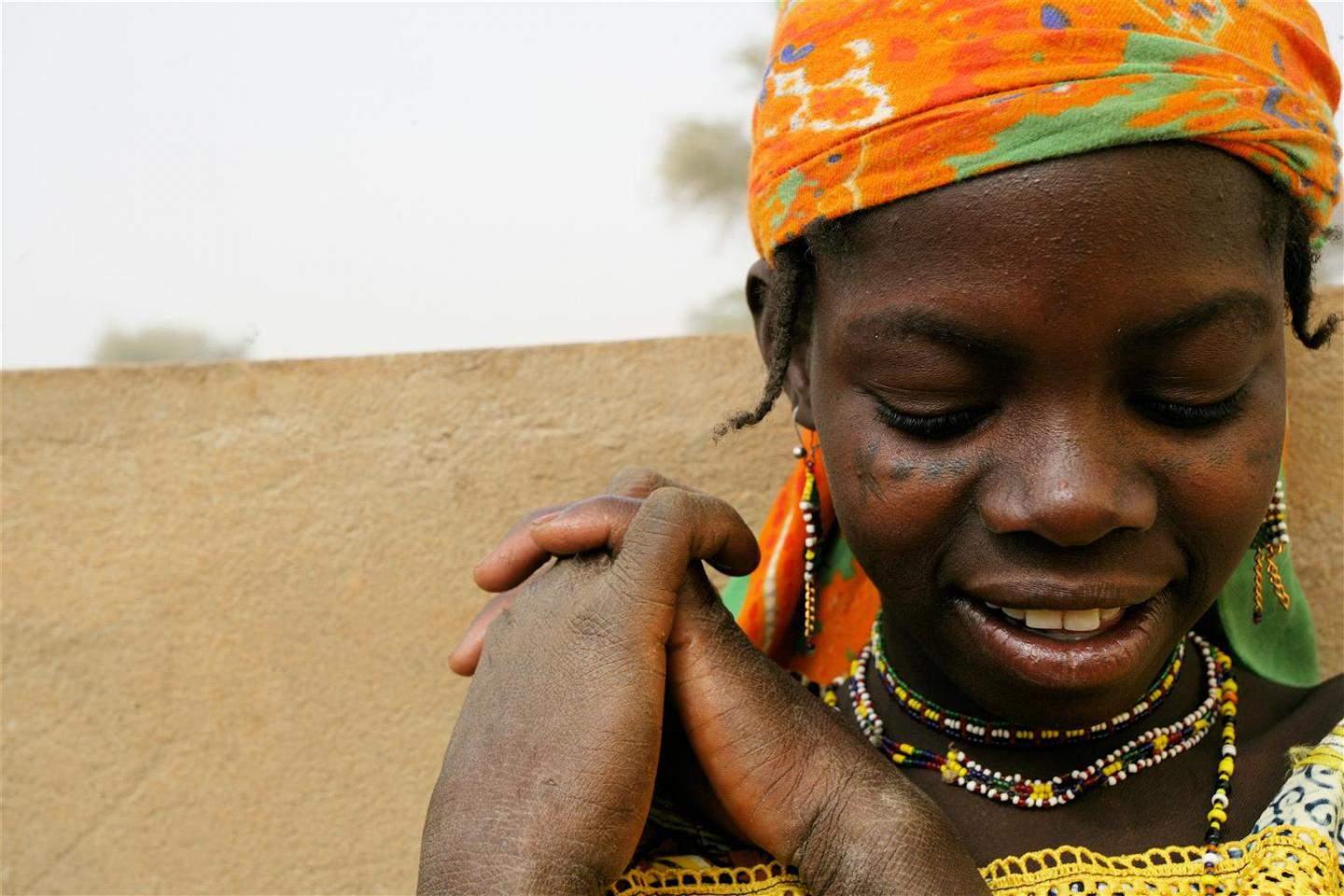
16
Sadly in households with less economic resources, a girl-child with hopes and dreams is shut out of education, so that her brothers can go to school or learn trade. She ends up being married off against her will, to a 60 or more year old predator. At her new home, she experiences violence and forced sexual relations. To make matters worse, the issue around her marriage is done without her consent; but she’s expected to automatically build intimacy with a total stranger who might not have been her choice of a man. She should, at least, be allowed in every discussion pertaining to her marriage. It is a great injustice for parents and suitors to impose such a lifelong devotion on her. It is rather unfortunate that most of the decisions about the girl-child and the woman are taken by men alone. It is an infringement on her right to freedom of expression.
According to UNICEF, many of the child brides die before, during
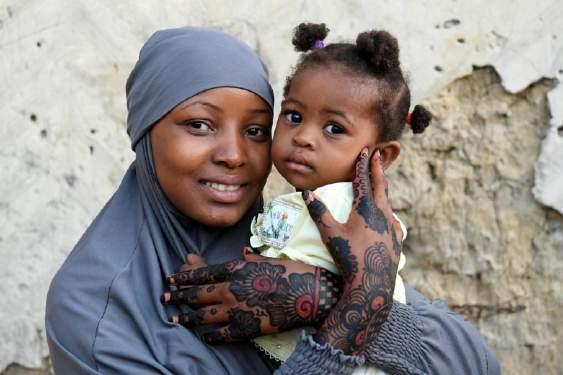

pregnancy and while in labour. For one reported death, millions are buried with their silence! Families must radically change their attitudes towards the girl-child.
Child marriage and female genital mutilation are a violation of children’s rights. Yet, in many communities across the continent, girls continue to be at risk of one or both practices. Child marriage is present throughout the continent, with the highest levels across the Sahel and in pockets of Central and Eastern Africa. Nine out of ten countries with the highest levels of child marriage in the world are in sub–Saharan Africa, including respectively Niger, the Central African Republic, Chad, Mali, Mozambique, Burkina Faso, South Sudan, Guinea and Nigeria. Nearly 140 million girls and women in Africa have undergone female genital mutilation, of whom over 40 million also experienced child marriage.
Source: UNICEF 17
To accelerate efforts, we need to invest in areas for high impact, notably reducing poverty as a main driver of child marriage, ensuring girls’ access to quality education and learning at scale and social and behaviour change in favour of girls’ and women’s full and active participation in social and economic life. Multisectoral and contextualised interventions are needed given the higher prevalence of child marriage in rural areas, among the poorest households and among those with little or no education. We need ‘business unusual’ to shift the needle on child marriage and help ensure girls’ and women’s rights are protected,” said Marie-Pierre Poirier, UNICEF Regional Director for West and Central Africa.
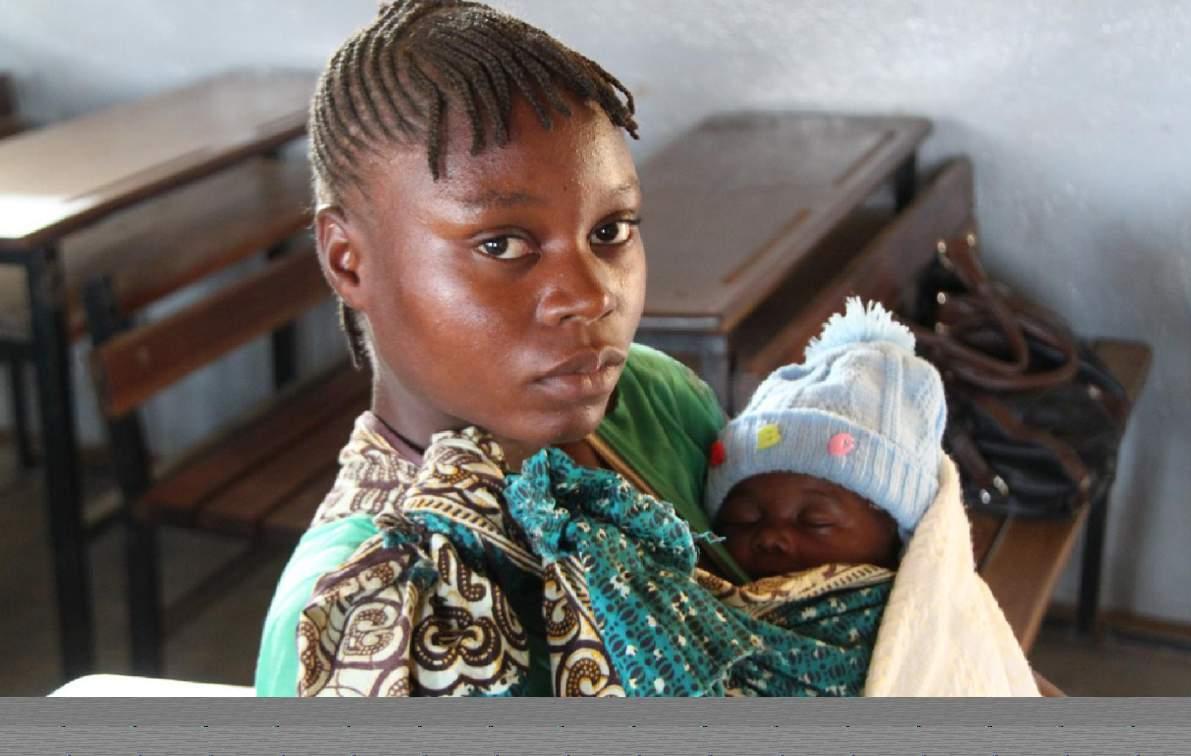
To accelerate action on improving child rights in Africa, UNICEF calls on Governments and all stakeholders:
· To recommit and accelerate the implementation of the commitments
to help develop and realise children’s full potential;
· To scale up response to the continent’s emerging child rights challenges through laws and policies that protect children, research and joint advocacy, and stronger oversight by parliaments;
· To increase investment in child protection programmes to prevent and respond to all forms of violence, abuse, and exploitation;
· To promote inclusivity and reach every child, especially those who are often overlooked, including children with special needs, those from disadvantaged backgrounds, and those living in rural areas in the spirit of leaving no one behind;
· To strength continental institutions to build stronger child protection, health, education, and social protection systems;
· To adopt whole-of-society approach – including the participation of children and their communities for catalysing change for children.
18
“Without community engagement and including traditional leaders to drive the technical interventions, it will not be possible to changes the social norms that promote child marriage and other harmful practices. We need stronger civil society organizations, traditional leaders and community-based structures that reinforce the child protection system and protect girls and boys from violence, exploitation, abuse, and harmful practices,” said Dr. Edward Addai, UNICEF Representative to the African Union and the United Nations Economic Commission for Africa.
Girls who marry young are often denied a range of human rights: many must discontinue their education, face serious health risks
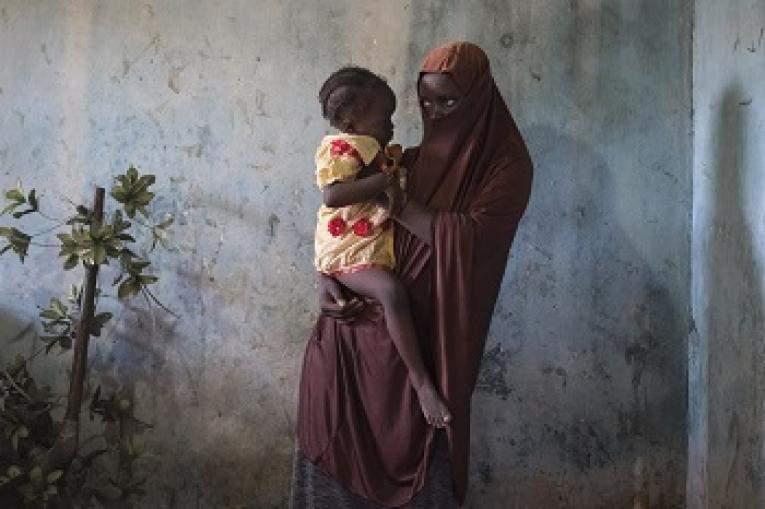
from early and multiple pregnancies, and suffer sexual and domestic violence. Agenda 2063, the African Union’s 50-year action plan for development, recognizes that child marriage is a major impediment to regional development and prosperity. Countries lose out on potentially enormous social, economic, and political contributions these girls could make if given the right opportunities from the start.
The solutions starts with us, we can collectively change the narrative, if we are all determined to end this manace.
19
Source: UNICEF
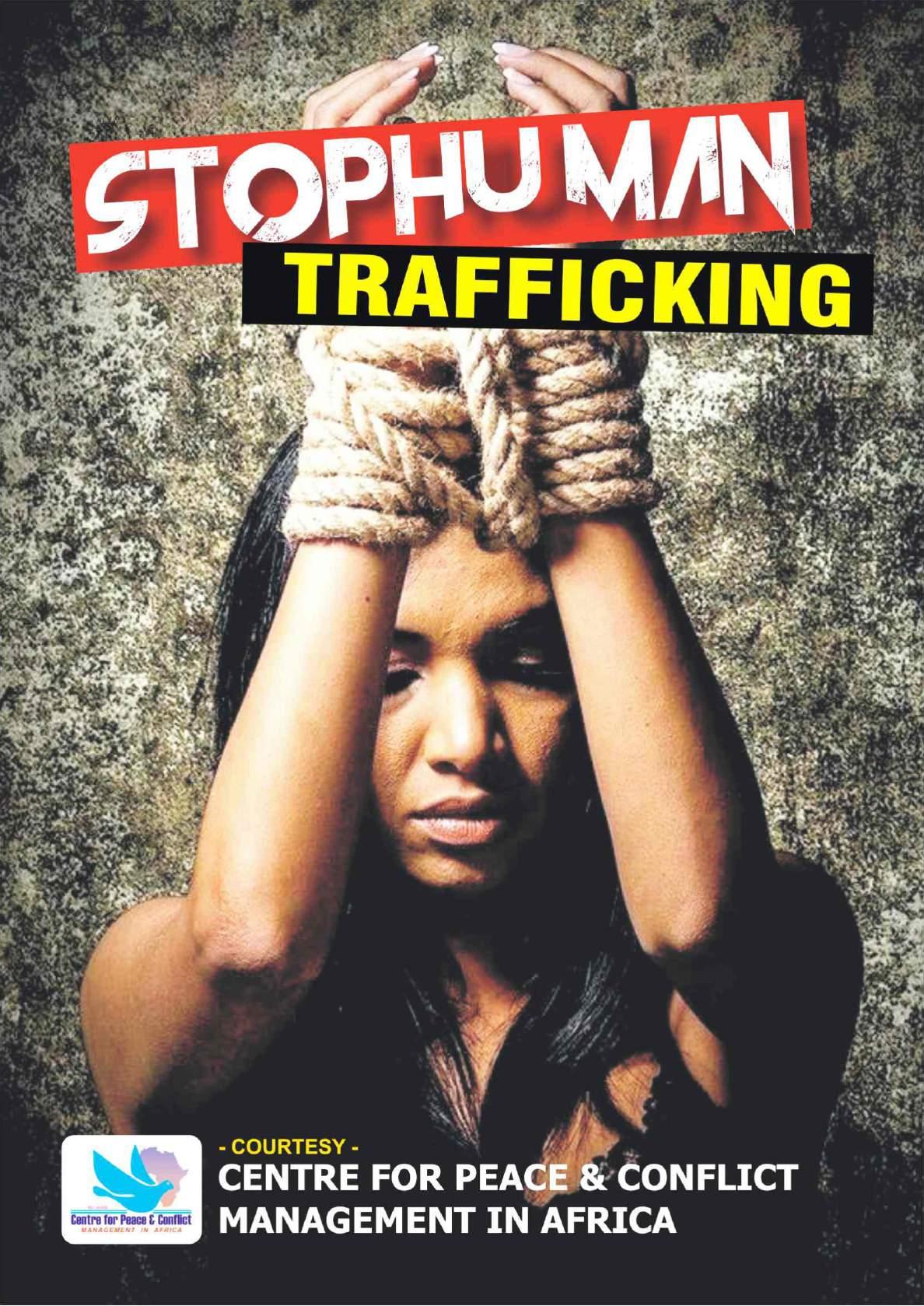 Dear President-elect Asiwaju Bola Ahmed Tinubu,
Dear President-elect Asiwaju Bola Ahmed Tinubu,
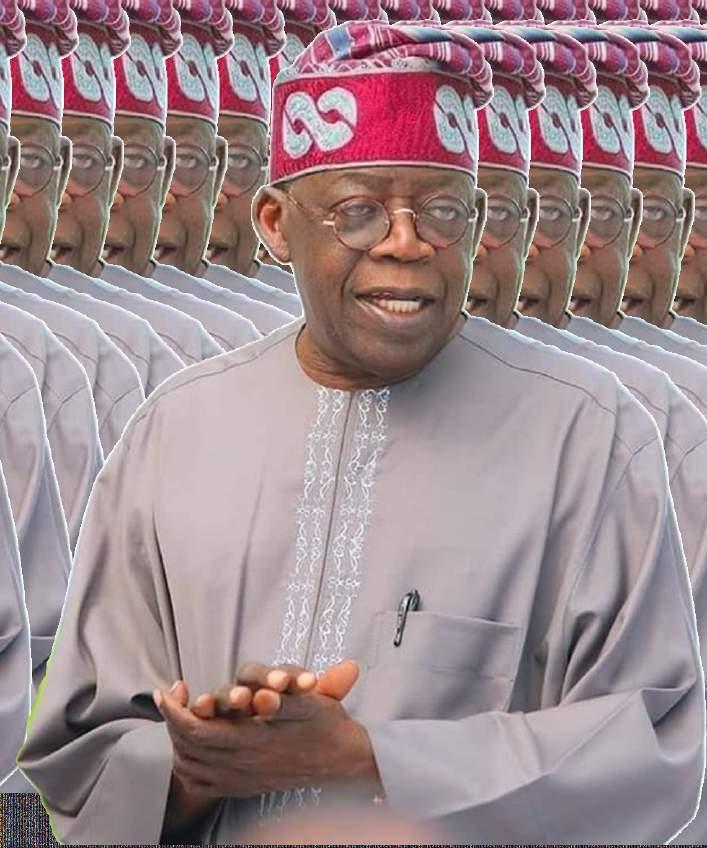
It is with immense pleasure and pride tha African Peace Magazine UK e heartfelt congratulations to y historic victory as the Nigerian Presiden elect. Your success in the recen presidential election has not only made history, but has also given hope t millions of Nigerians who belie in the power of leadership, vision, and perseverance.
Your journey to this remark achievement has been an inspiring one. With your unwavering commitment to the ideals of democracy, justice, and peace, you have captured the hearts and minds of many Nigerians who believe in your ability to lead the nation to greater heights. Your leadership style, character, and vision have distinguished you as a true statesman, and your victory is a testament to the trust and confidence that Nigerians have in your leadership.

As you assume the mantle of leadership as the Nigerian Presidentelect, we are confident that you will continue to inspire and empower the people of Nigeria to realize their full potential. We believe that your leadership will bring about positive change, economic growth, and social development for the nation. Your passion for the welfare of the people and your unwavering commitment to the principles of democracy and good governance make you the ideal leader to steer Nigeria toward a brighter future.

In conclusion, we at African Peace Magazine UK wish you all the best as you embark on this new chapter in your life. We assure you of our unflinching support and solidarity as you work to fulfill your vision for a better Nigeria. Once again, congratulations on your historic victory, and may God bless you and guide you as you lead Nigeria to a new era of greatness. Yours sincerely,
African Peace Magazine UK
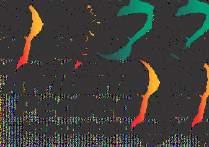
Congratulations
21
President-Elect, Federal Republic of Nigeria
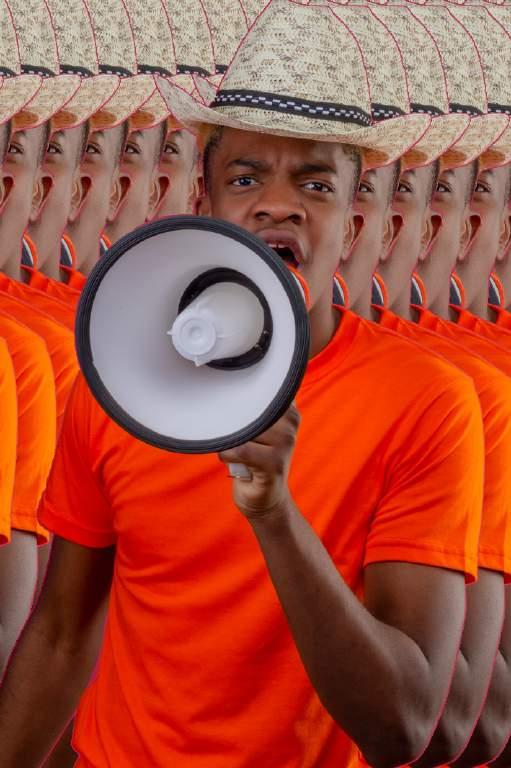
ADVERTISE WithUs Your Goods & Services through the pages of our magazine editions To our over readers 50million You can reach your audience in no time through our various platforms 22 +447466234902; +2347025003543
OF THE
PRELIMINARY REPORT ELECTION OBSERVATION MISSION
IN THE FEDERAL REPUBLIC OF NIGERIA
African Peace Magazine UK, team arrived in Nigeria on the 20th of February 2023 and proceeded immediately to conduct hundreds of interviews on the streets of Abuja and other States.
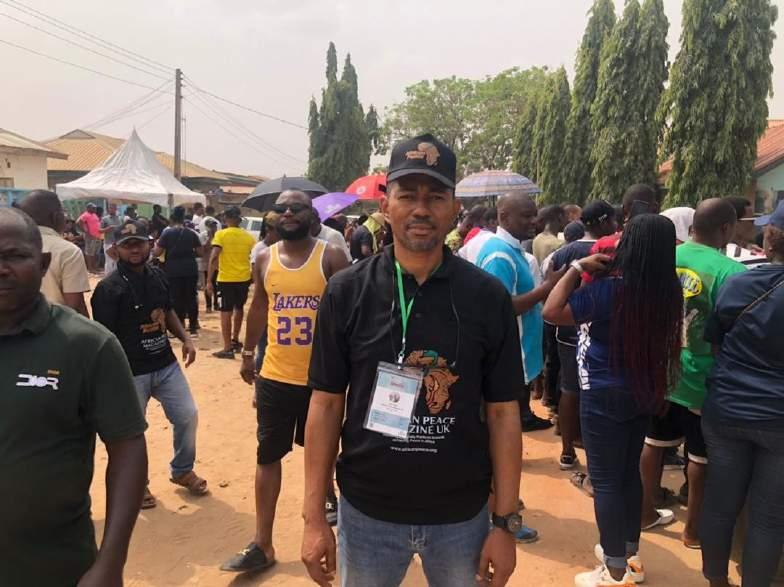
The African Peace Magazine UK team leads a delegation ably led by the Editor- in-Chief in the person of Noah Ajare, Esq. and several others who had successfully monitored elections in Angola, Equatorial Guinea and Kenya last year.
African Peace Magazine UK gets full accreditation to observe the 2023 Nigerian National Elections and we deployed our observers across the 774 local government areas (LGAs) in 36 states and the Federal Capital Territory.
Our observer team was in four (4) major zones in Nigeria for the purposes of proper coordination and all over the country for on the spot reporting and live coverage. And to capture critical
incidents occurring both within and in the vicinity of polling units across the country and will also observe the process of collation in all LGA and State Results Collation Centre.
The team accredited in the FCT includes the following championed by Mr. Noah Ajare, Esq. Acholem, Abiola Bibire, Waheed, Dr. Benedict, Barakat Yakubu and Kyenret C. Mimang, Esq.
The team that are accredited to monitor the elections in Kano include the following; Mashkur, Bello Sarki, Kaanayirah, Abdulrafiu, and Solomon Nkom. Lagos state is not left out as the following members of the magazine have been accredited to monitor the elections: Arinola, Mobolaji, Joy Ogwamghie, Temitayo, Elisha John, Emmanuel Omolasoye.
The last but not the least is Rivers, Porthacourt. Heavily represented by the following persons to monitor the elections; Queen-Esther, Egbo Chinelo, Omega Buba, Olayanju, Muyiwa, Gift
23
Othaniel and other volunteers some of which are Mr. Abdullahi Idris, Mrs. Agboka Akpodiete- Omale, Vanessa Audu, Taiye Illiasu, Amara C. Ezediniru, Mr. Taiwo Bankole, Mr. Chibuzor and a host of others. The African Peace Magazine’s active participation in the election included on- the-spot live reports, massive interviews [Pre and Post-Election], to measure the confidence of the public towards the elections while collating the opinion of voters.
On polling day, they were able to observe elections in hundreds of polling stations.
The report is based on the consultations we had with the various stakeholders and our findings as observers as well as information gathered from our volunteers deployed to the various states. We observed key pre-election and Election Day activities including election campaigns, delivery of polling materials, preparation of polling stations, voting processes and results management at polling stations. The comprehensive report will be completed shortly and delivered to the INEC and relevant Nigerian authorities
The following are some of the observations of the Election Observation:
1. The team observed that the Electoral commission was thoroughly prepared before the elections.
2. The team also observed increase in youth awareness and participation in
the electioneering process.
3. The team also noted the role of social media, impact of fake news and others in the 2023 elections.
4. The team observed that the campaigns were conducted in a calm and peaceful manner and candidates had the opportunity to campaign freely although there were reports of some challenges encountered by the parties and candidates, but they were isolated incidents. Those relating to security were dealt with by the national security agencies.
5. The team took note of the important contribution made by several stakeholders like faith-based organizations, civil society organizations, private sector and the media which helped in promoting peace and harmony during the campaigns as well as before and on polling day.
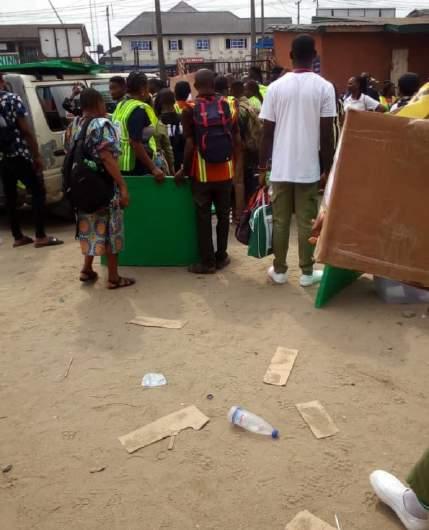
24
6. The team noted that at various stages of the electoral process, there were problems associated with social media, particularly regarding disinformation, misinformation and hate speech.
7. The teams revealed critical challenges at the commencement of polls ranging from the late arrival of officials and delayed opening of polls to the shortage of election materials in some polling units. The late arrival of polling unit officials was exacerbated by the late deployment of the polling officials and election materials from the Registration Areas Centers (RACs) on election morning
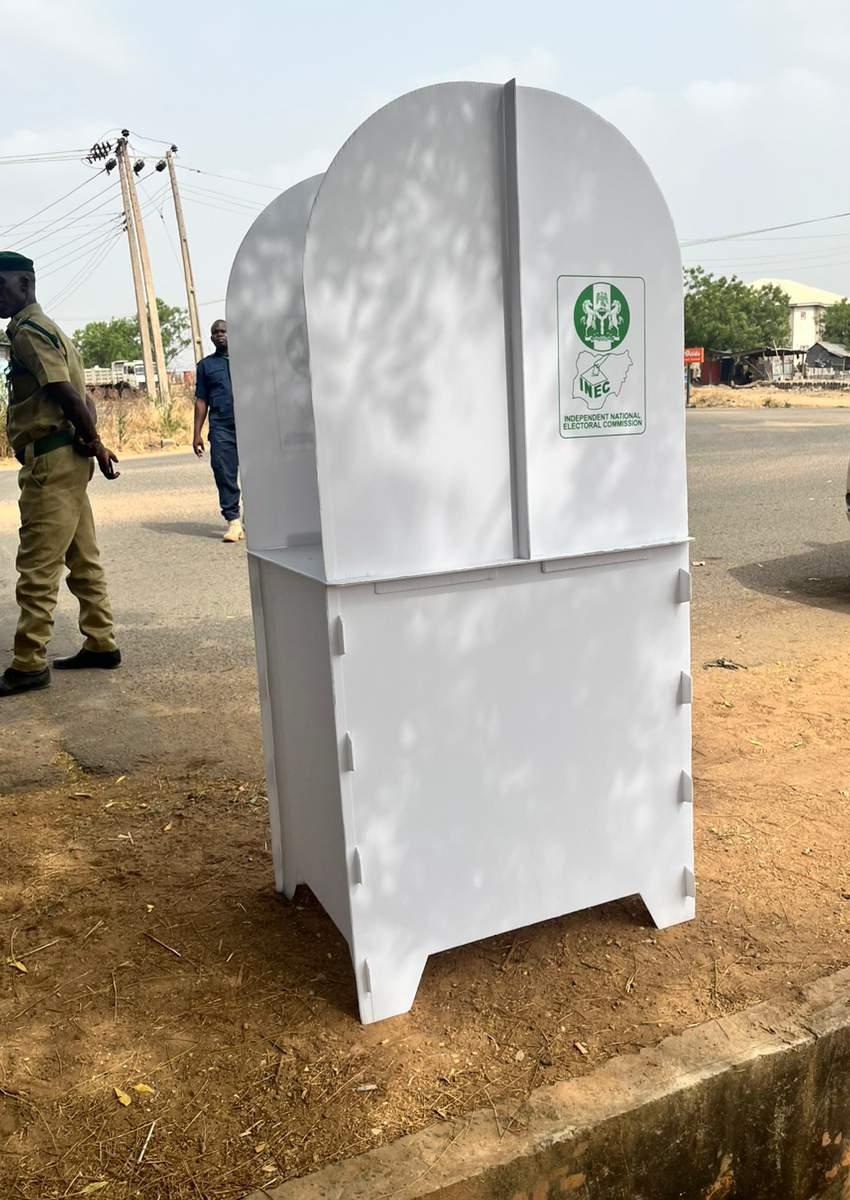
On polling day, the Mission observed the following:
1. Generally, the situation was calm, peaceful, and orderly. Some polling stations opened on time, but there were many which opened late for various reasons including late setting up of the station, late arrival of polling materials or polling However, we were pleased to note that the time lost was compensated by late closure of polls in the concerned polling stations and extension of voting to the next day. It is recommended that; the INEC
should take corrective measures to ensure that these deficiencies do not recur in future elections.
2 In the observed polling stations, security personnel were present and highly professional in the discharge of their duties to an extent and they did not interfere with electoral processes nor did they intimidate voters. But the team noted several other cases where the police and other security agents compromised their position, and in most cases they just stood by and did nothing.
3 Polling officials displayed high levels of competence and professionalism in few locations in Abuja. But in other locations the story was different. The Mission commends the INEC for the selection and training of poll officials. We also commend the INEC for involving young people and women in the management of the electoral. But more needs to be done.
4 The team is sad to report that despite INECs promise, the commission was unable to deploy and use technology in voters’ registration, voters’ identification and transmission of results. INEC had to resort to manual process which affected the efficiency and tampered with the transparency process of the election process.
25
5. The team commends the swift response by INEC to the challenges
6. In all the polling stations observed, agents of political parties and candidates signed the results declaration form, and they were given copies of the form.
7 Overall, the team was pleased to note that the protocols and procedures for opening and closure of polling were complied with to a reasonable extent, but it could have been donebetter.
8 The team also commended INEC for allowing party agent to stay close to the polling stations. The layout of the polling stations gave them the opportunity to monitor and observe the voting process.
9. In Lagos State for instance, there were pockets of disturbances here and there especially on the mainland polling units. One other incident was at Ikate/Elegushi in Lekki phase 1 where hoodlums/thugs came, destroyed the polling unit and attacked party agents and voters and took away the mobile phone of Nigeria's
celebrity musician (Falz) but for the quick intervention of the Soldiers, normalcy was eventually restored. Again in a polling unit in Ajayi Akpata Estate, Etiosa LGA in Lekki, INEC officials did not turn up at all, telling voters that the unit was merged with another unit (irregularities).

10. The team noted with concern the complaints made by young people that political parties did not provide them adequate space and opportunity for them to participate as candidates in the elections. We consider this a serious matter which needs attention and in the same vein, we call upon the political actors and government to ensure that the two- thirds gender rule is observed to the letter and spirit.
Over and above all that I have mentioned above, the team would like to appeal to all political actors and stakeholders including the great people of Nigeria to continue to maintain peace after the results of the elections are declared. We implore all to embrace peaceful resolution of disputes that may arise from electoral processes. Fortunately, there is the opportunity to use the courts of law, so please make use of it.
26
Finally the African Peace team of Election Observation Mission is satisfied that the way the 2023 Nigerian General election was conducted on the polling day, the people of Nigeria were given the opportunity to elect leaders of their choice, freely. But it appears that the major problem was in collation of the results and its transmission.
We hope the subsequent processes will respect, uphold and reflect the will of the people of Nigeria.
I thank you for your kind attention.
Noah Ajare Esq. Editor in Chief/ Publisher African Peace Magazine UK
APM ELECTION OBSERVATION MISSION TO NIGERIA 2023
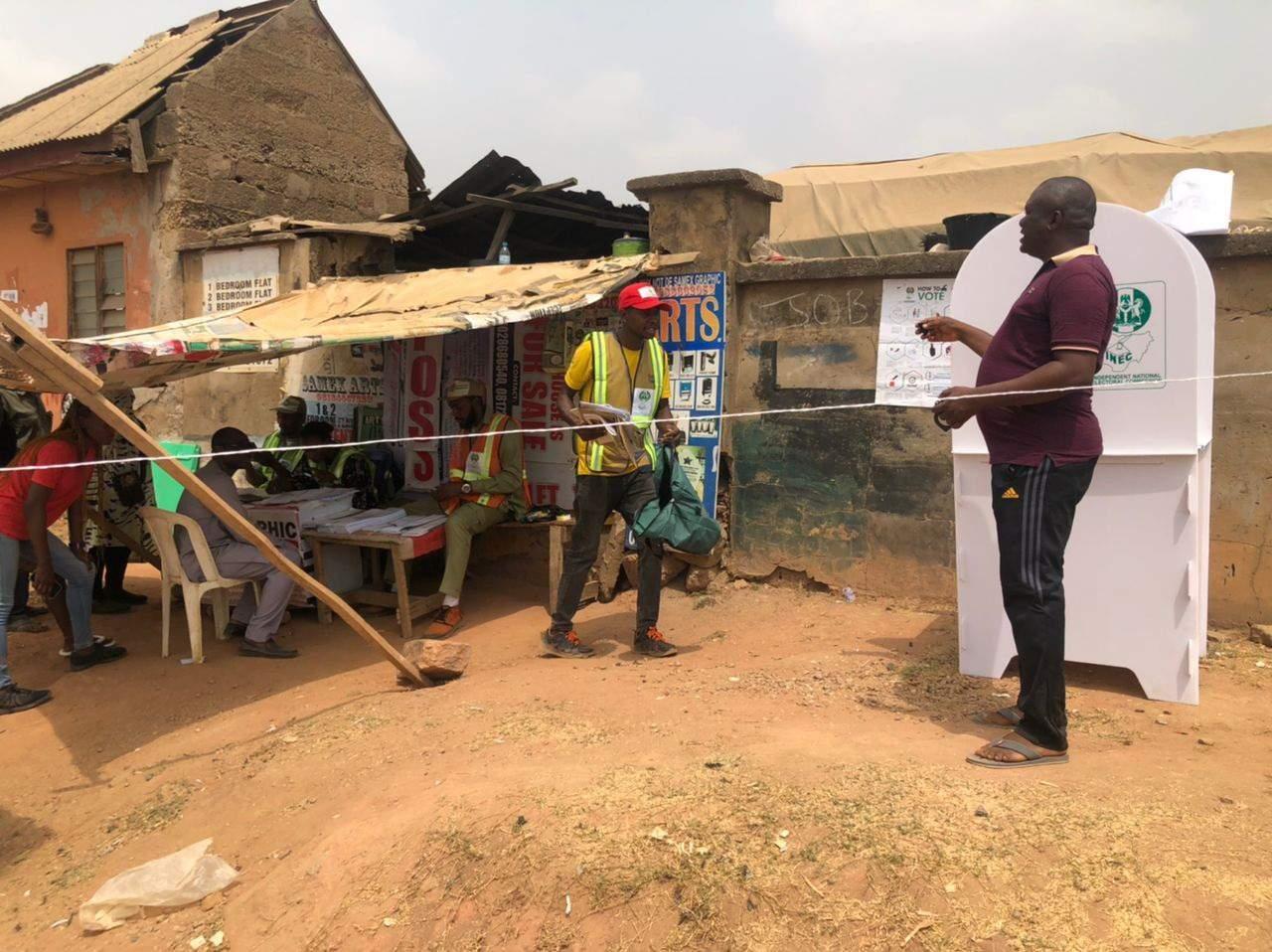
28th February 2023
 Issued at the Transcorp Hilton Hotel, Abuja Nigeria
Issued at the Transcorp Hilton Hotel, Abuja Nigeria
27


28
South Sudan is one of poorest country in Africa and the world. The country has remained in poverty despite its oil reserve and other natural resources. The country's GDP is projected at 2.00 USD Billion as at 2022. Extremely rich in oil and gas, natural resources but yet the poor suffer in extreme poverty with very low life expectancy.
Sudan is the largest country in Africa more than one-quarter the size of the United States and borders nine other countries, including Egypt, Chad, Kenya and Ethiopia. Khartoum, the capital of Sudan, sits where the White Nile and the Blue Nile join together as the Nile and flow north to Egypt and into the Mediterranean.
The country's name derives from the Arabic bilad al-sudan, which means "land of the blacks." Sudan has an estimated population of 39 million, 52 percent of which are black, and
SOUTH SUDAN
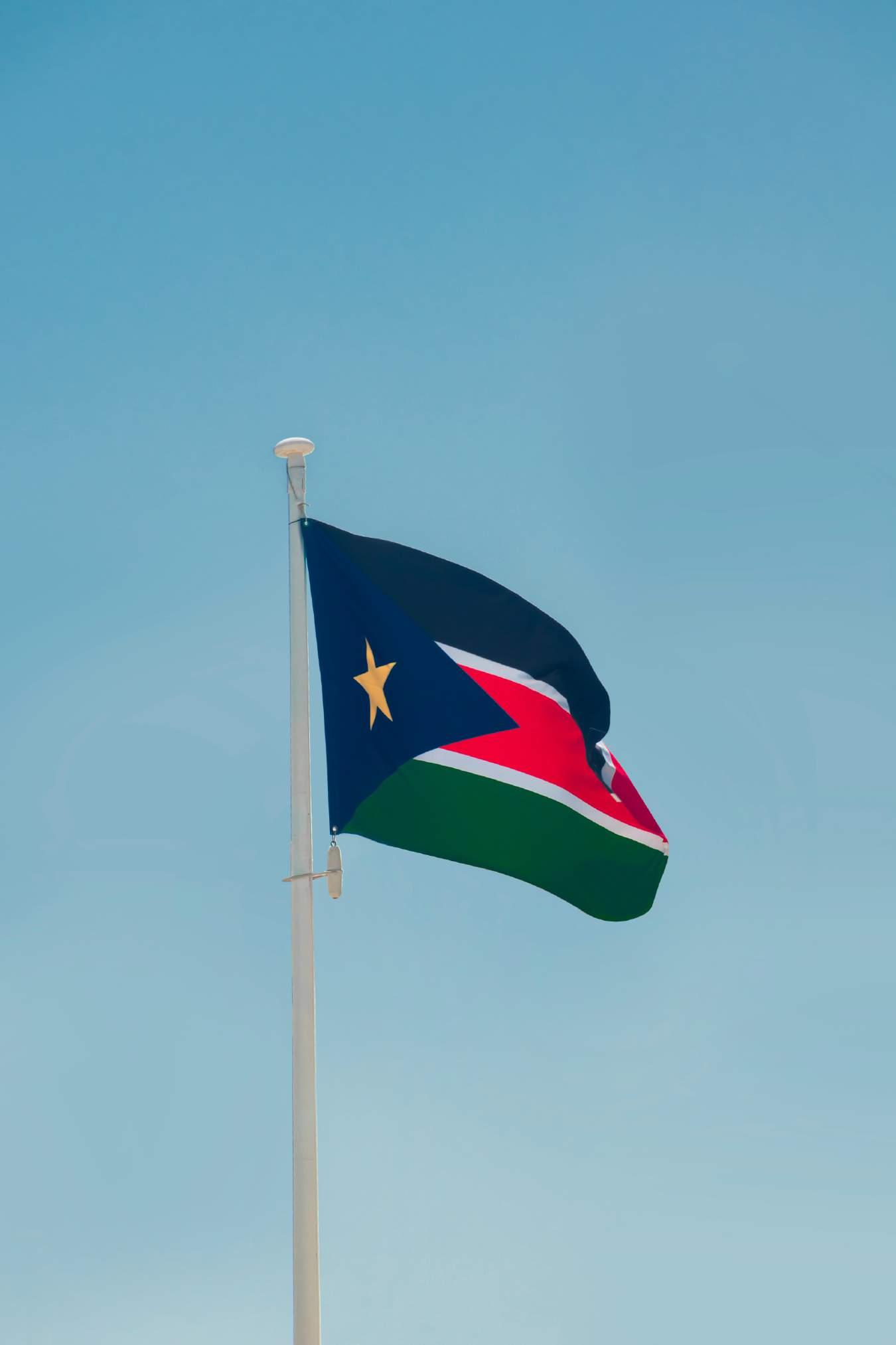
One of the Poorest country in Africa and the world
39 percent Arab. Arabic is the official language, and the government has attempted to impose Islamic sharia law since 1983.
Seventy percent of Sudan's population is Muslim. Animists and Christians, who for the most part live in southern Sudan, account for about 30 percent of the population.
In Sudan, "Arab" is an ethnic and cultural term, typically referring to those who can trace their ancestry to the original inhabitants of the Arabian peninsula and whose mother tongue is Arabic. "Muslim" refers to anyone who follows the Islamic religion. In Sudan, many blacks are Muslim.
The median age in Sudan is 18 years, and life expectancy is 58 years. (In the United States, the median age is 36 years, and life expectancy is 77 years.)
29
Sudan has an adult literacy rate of about 60 percent.
Darfur is a region in western Sudan, abutting Chad and the Central African Republic. It is about the size of Texas and has a population of 6 million; the majority are Muslim and have African features.
The three largest African tribes in Darfur are the Fur, the Masalit and the Zaghawa. Generally speaking, most people of African descent in Darfur are farmers, and most people of Arab descent in Darfur are nomadic herders.
There is fierce competition for land between herders and farmers, including violent battles between Fur farmers and Arab herders from 1987 to 1989. This competition has fueled the present conflict in Darfur.
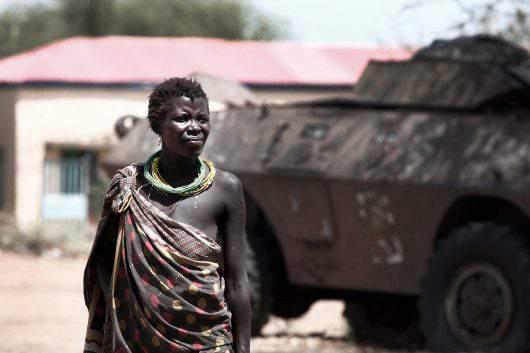
HISTORY AND GOVERNMENT
For the first half of the 20th century, present-day Sudan was a colony of the British Empire. Even as Sudan achieved independence from Britain
in 1956, civil war was already brewing between the north and the south.
Army coups in 1958 and 1969 plus civil war impeded attempts to build a parliamentary democracy. In 1972, the Addis Ababa Agreement enforced a peace agreement between the government and separatist southern rebels.
Civil war was sparked in 1983 when the military regime tried to impose sharia law as part of its overall policy to "Islamicize" all of Sudan.
Beginning in 1983, the Sudan People's Liberation Army (SPLA) led insurrections in the south, a region dominated by Animists and Christians.
In 1989, compromise between the ruling government and southern opposition groups seemed imminent, but Omar al-Bashir, a politically and religiously extreme military leader, led a successful coup and became chief of state, prime minister and chief of the armed forces. Al-Bashir has been elected only once, in 1996.
30
Al-Bashir continues to lead a government run by an alliance between the military junta and the National Congress Party, which pushes an Islamist agenda. Sudan's government imposed a penal code in 1991 that instituted amputations and stoning as punishments. The Sudanese government harbored Osama bin Laden in the 1990s until the Clinton administration successfully pressured the government to expel him in 1996
In 1996, terrorist threats led President Clinton to withdraw the U.S. ambassador to Sudan. There is still no U.S. ambassador in Khartoum, although the embassy remains open. In 1997, the United States imposed economic sanctions, prohibiting trade with businesses in Sudan and prohibiting investment in Sudan by U.S. businesses
In early 2003, just as negotiations to end the civil war were progressing, a new rebellion spawned in the western province of Darfur when ethnically African rebel groups, including the Sudanese Liberation Army (SLA), attacked military installations. The SLA's attack was rooted both in its belief that the government was neglecting Darfur and in its objections to the government's preference for hiring
ethnic Arabs as top government officials.
The Sudanese government has enlisted Janjaweed armed nomads from the north to attack villages that ostensibly harbored rebels. Attacks usually follow a pattern: Government planes bomb villages in Darfur, then, within hours, Janjaweed ride in on horses or camels to pillage homes and rape and murder civilians. The Sudanese government maintains that the Janjaweed are acting independently, without government support.
EFFECTS OF WAR
Since the 1983 start of the civil war, more than 4 million people have been displaced, and an estimated 2 million have died. Opposition groups as well as the government have been accused of atrocities in the conflict.
Since 2003, violence in Darfur called ethnic cleansing by some and genocide by others has left an estimated 50,000 to 80,000 dead and an estimated 1.2 million to 2 million people displaced. Survivors face severe shortages of food and clean water.
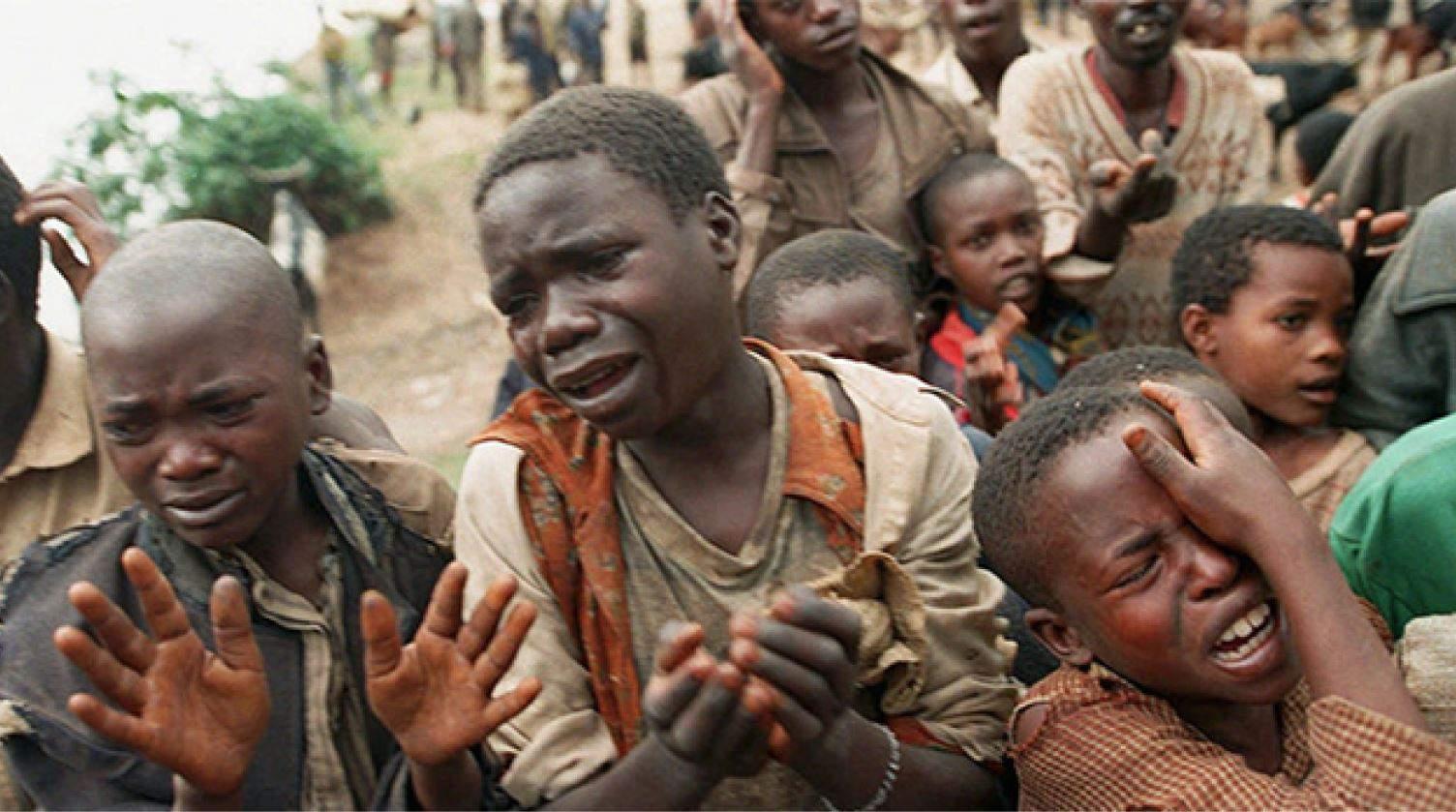
31
An estimated 200,000 Sudanese have escaped to Chad, where they are living in refugee camps. Many are in desolate areas near the city of Abeche, where temperatures frequently exceed 100 degrees Fahrenheit. An estimated 2.3 million civilians in Darfur are in need of emergency aid, but bottlenecks created by both the government and the rebel forces cut them off from food and medical supplies.
In 2001, Sudan was declared to be free of polio, but the disease is making a comeback in the wake of war. Health experts say the probability is high that more than 10,000 Sudanese have been infected with the virus.
ECONOMY AND OIL
Although much of Sudan's land is made up of plains and deserts, it has large areas of arable land, significant gold deposits and massive oil reserves.
Agricultural production -- such as cotton and peanuts cultivation -- employs 80 percent of the workforce and contributes 39 percent of the gross domestic product.

Sudan is one of the poorest countries in the world. Annual per-capita income in 2001 was $340. Oil accounts for about 73 percent of Sudan's total export
revenues. Officials from the Sudanese Energy Ministry estimate that the county has 3 billion barrels of oil reserves.
Foreign companies began oil exploration in the Red Sea in the 1960s; the most fruitful oil fields were found in southern Sudan by Chevron. In 1981, Chevron and the Sudanese government formed the White Nile Petroleum Corporation to oversee oil production in the south, but Chevron suspended its southern Sudan operations in 1985 because of fighting near the oil fields.
Many Western oil companies have abandoned investments in Sudan, both because of the conflict and because of criticism by human rights groups. Economic sanctions imposed by the United States in 1997 barred American companies from operating in Sudan. The nation's major trade partners include China, Japan, Saudi Arabia, South Africa, India, the United Kingdom, Germany, Indonesia and Australia.
32
The SPLA has declared oil installations a "legitimate military target," saying that oil revenues have supported the government's human rights abuses and that the government has displaced thousands of civilians living near the oil fields. Upon the 1999 completion of an oil pipeline that extends from the southern oil fields through Khartoum to the Red Sea, Sudan began exporting crude oil and immediately recorded its first trade surplus. The same year, the government halted delivery of aid to people living near the oil fields. Some experts refer to Algeria, Pakistan, China and Russia as the "Darfur Four": Each of these four countries has major oil investments in Sudan and has opposed the U.N. Security Council's plans for arms and oil embargoes.
RECENTLY
In December 2013, following a political struggle between Kiir and Machar that led to Machar's removal as vice president, violence
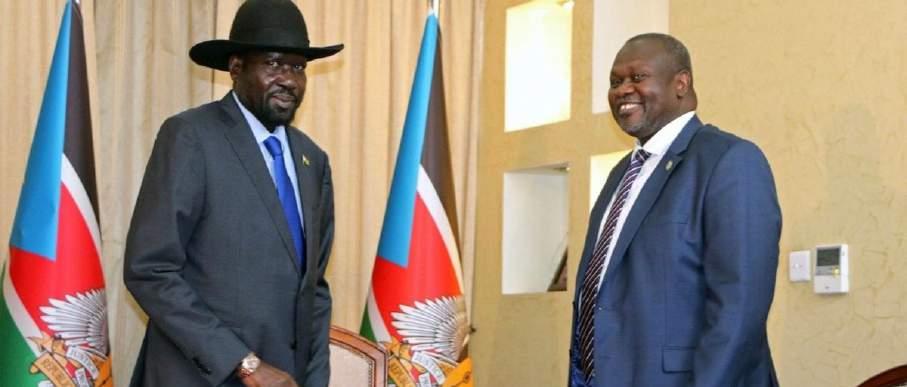
erupted between presidential guard soldiers from the two largest ethnic groups in South Sudan. Soldiers from the Dinka ethnic group aligned with Kiir and those from the Nuer ethnic group supported Machar. In the midst of chaos, Kiir announced that Machar had attempted a coup and violence spread quickly to Jonglei, Upper Nile, and Unity states. From the outbreak of conflict, armed groups targeted civilians along ethnic lines, committed rape and sexual violence, destroyed property and looted villages, and recruited children into their ranks.
Under the threat of international sanctions and following several rounds of negotiations supported by the Intergovernmental Authority on Development (IGAD), Kiir signed a peace agreement with Machar in August 2015. As the first step toward ending the civil war, Machar returned to Juba in April 2016 and was once again sworn in as vice president, after spending more than two years outside of the country. Soon after his return, violence broke
33
President Kiir Mayardit vice President MACHAR
out between government forces and opposition factions, once more displacing tens of thousands of people. Machar fled the country and was eventually detained in South Africa. In 2017 and 2018, a series of cease-fires were negotiated and subsequently violated between the two sides and other factions.
After almost five years of civil war, Kiir and Machar participated in negotiations mediated by Uganda and Sudan in June 2018. Later that month, Kiir and Machar signed the Khartoum Declaration of Agreement that included a cease-fire and a pledge to negotiate a powersharing agreement to end the war. Despite sporadic violations over the ensuing weeks, Kiir and Machar signed a final cease-fire and powersharing agreement in August 2018 This agreement was followed by a peace agreement to end the civil war signed by the government and
Machar’s opposition party, along with several other rebel factions. The agreement, called the Revitalized Agreement on the Resolution of the Conflict in South Sudan, included a new power-sharing structure and reinstated Machar as vice president.
In late October 2018, Machar returned to South Sudan for a nationwide peace celebration to mark the end of the civil war. However, reports of continued attacks and violations, coupled with the collapse of multiple previous peace deals, highlight concerns that the fragile peace may not hold. Although official casualties are difficult to confirm, one April 2018 study estimated that nearly four hundred thousand people were killed during the five years of war, an additional nearly four million were internally displaced or fled the country.
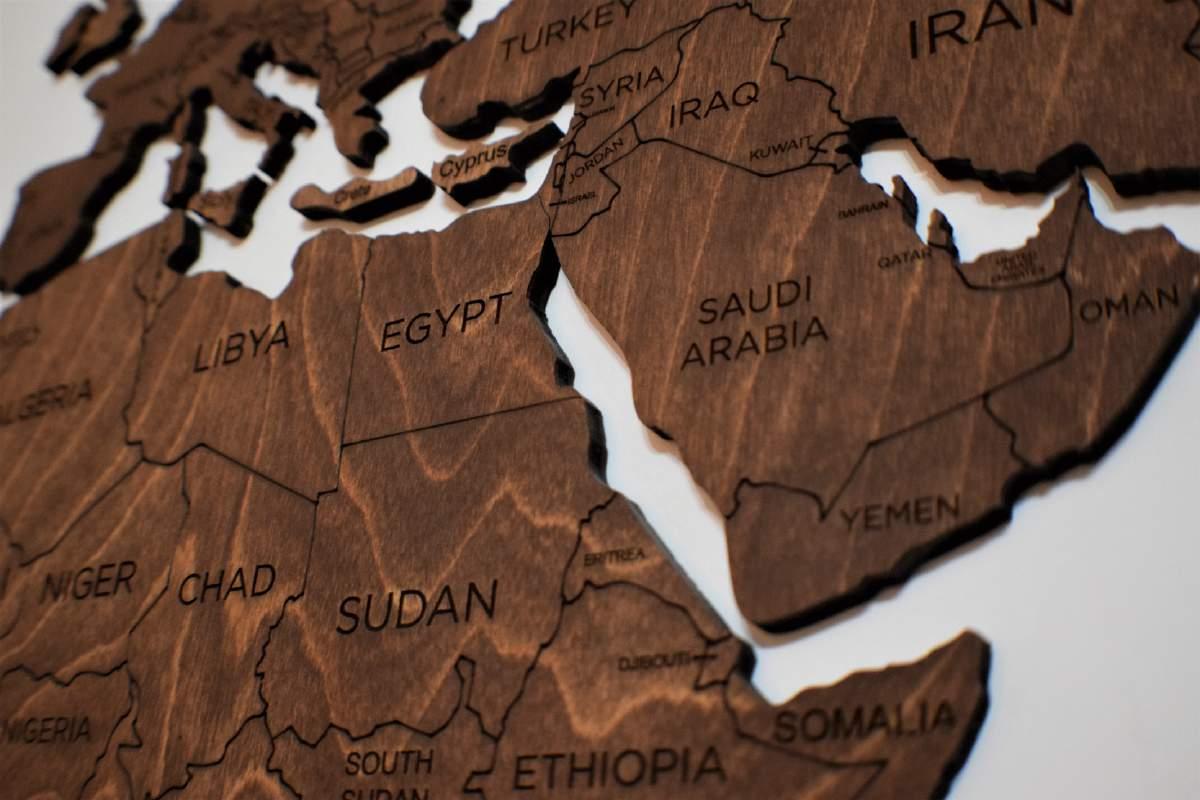
34
In late December 2013, the UN Security Council authorized a rapid deployment of about 6,000 security forces, in addition to 7,600 peacekeepers already in the country, to aid in nation-building efforts. In May 2014, the Security Council voted in a rare move to shift the mission’s mandate from nationbuilding to civilian protection, authorizing UN troops to use force. Since reprioritizing protection, the UN Mission in the Republic of South Sudan has faced extreme challenges due to the deterioration of the security situation and its complex relationship with the government of the Republic of South Sudan. The UN authorized the deployment of an additional four thousand peacekeepers as part of a regional protection force in 2016, although their arrival was delayed until August 2017.
Violence has prevented farmers from planting or harvesting crops, causing food shortages nationwide.
In July 2014, the UN Security Council declared South Sudan’s food crisis the “worst in the world.” Famine was declared in South Sudan during the first few months of 2017, with nearly five million people at risk from food insecurity. Critical food shortages have continued since then, with UN officials warning that 2021 may be the worst year yet, with more than eight million people in need of humanitarian assistance.
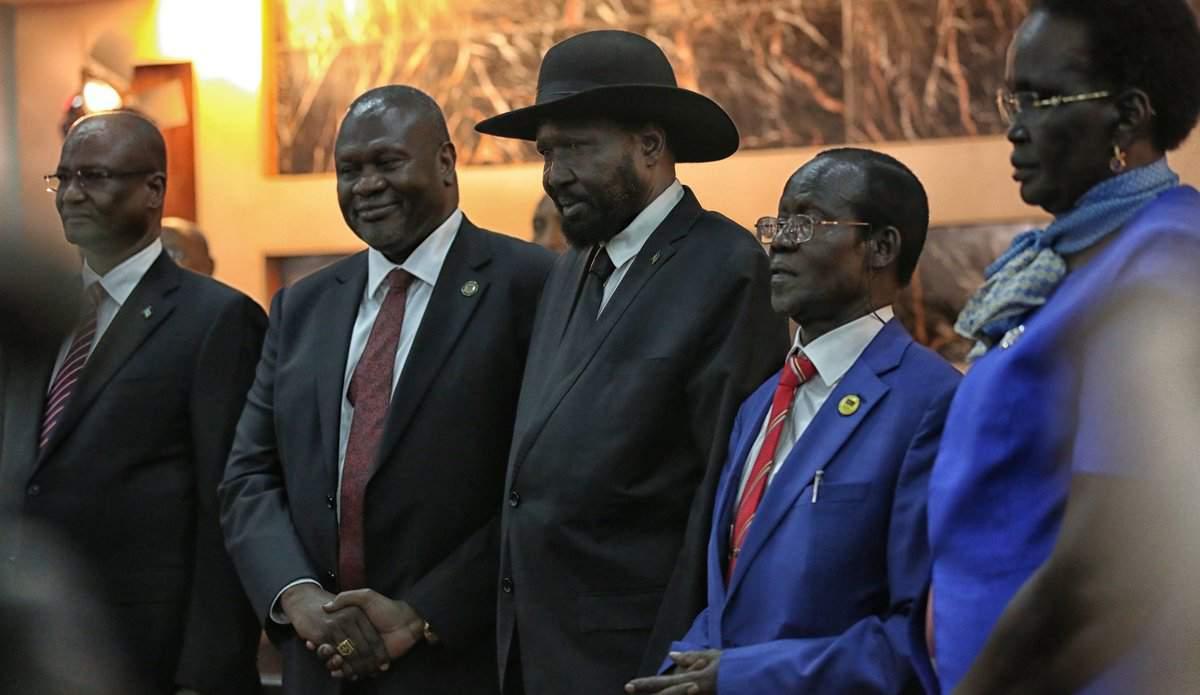
It's been 20 years since the conflict in Darfur began, but hardly anyone talks about it these days. The violence has killed hundreds of thousands of people and displaced millions. So, will peace ever come to western Sudan?
We at African Peace Magazine strongly believe that peace is achievable in Sudan. The world must for once stop and assist the Country get back on her feet African Union can take the lead
35

36

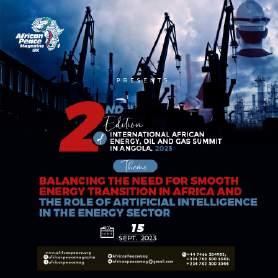
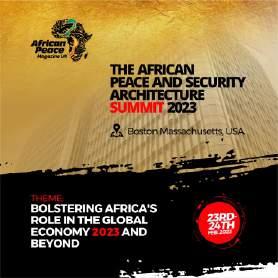
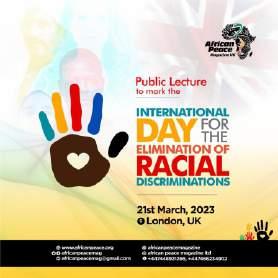
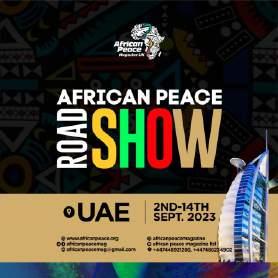
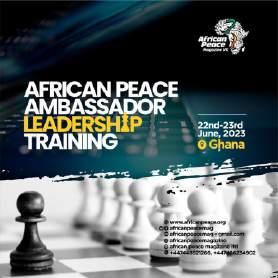
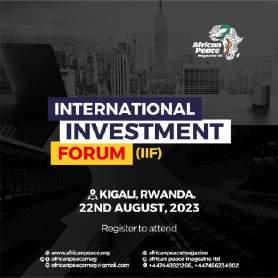
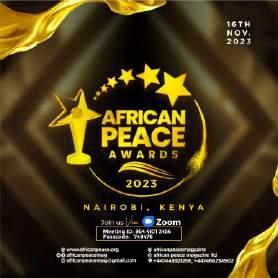
37
+2347025003543
+447466234902;
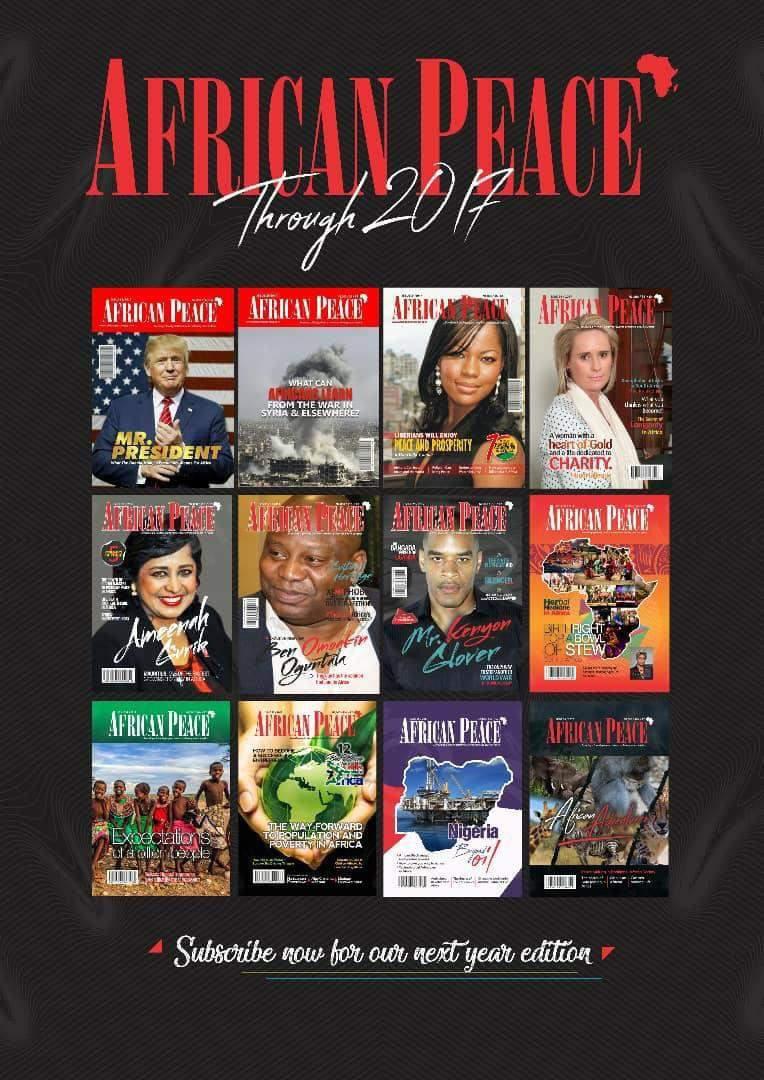
38
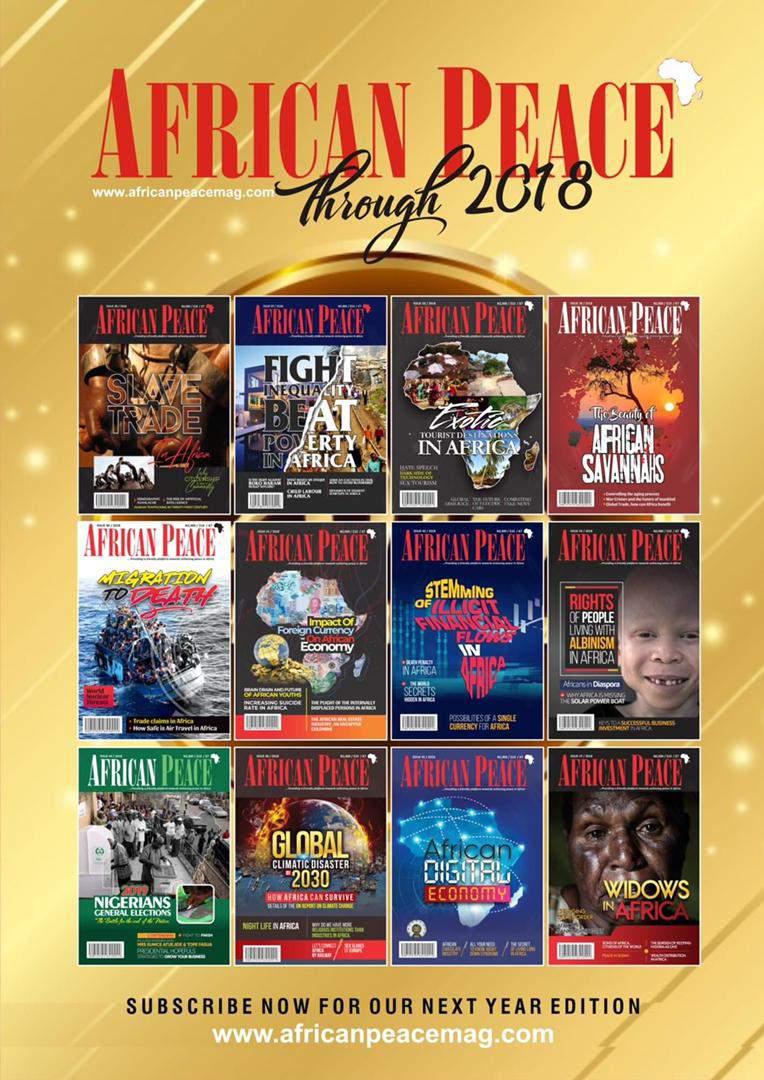
39
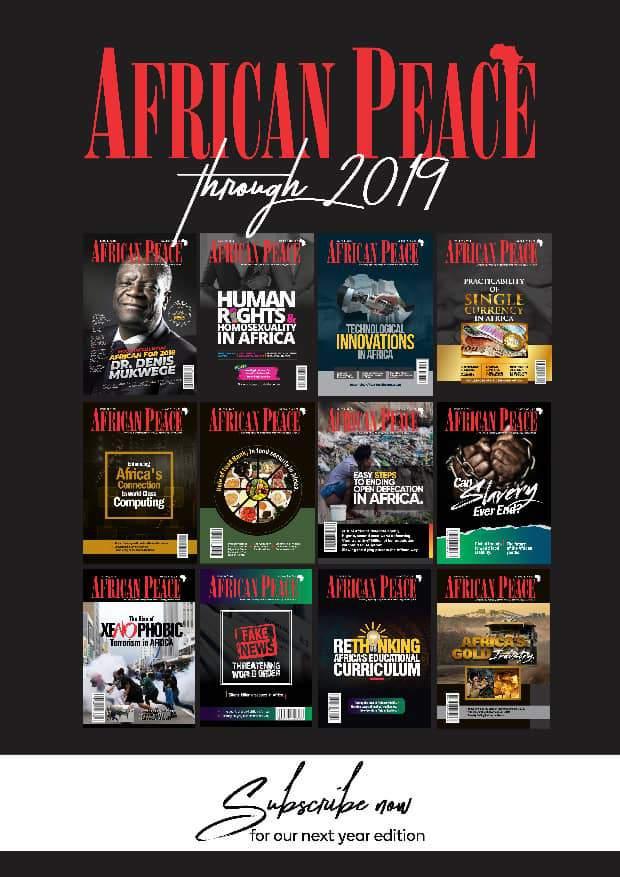
40

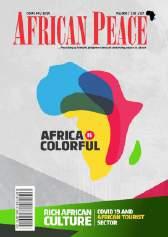
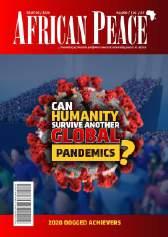
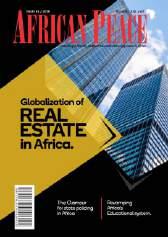
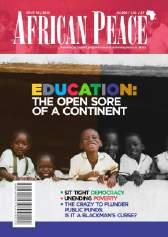
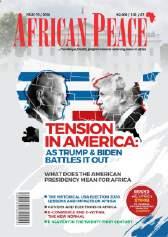
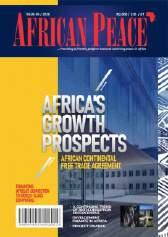
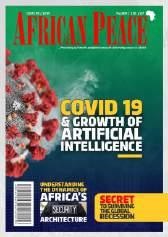
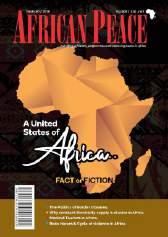
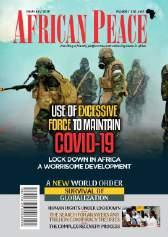


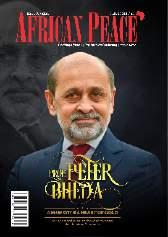
now for our editions next year Subscribe 41
2020 Through
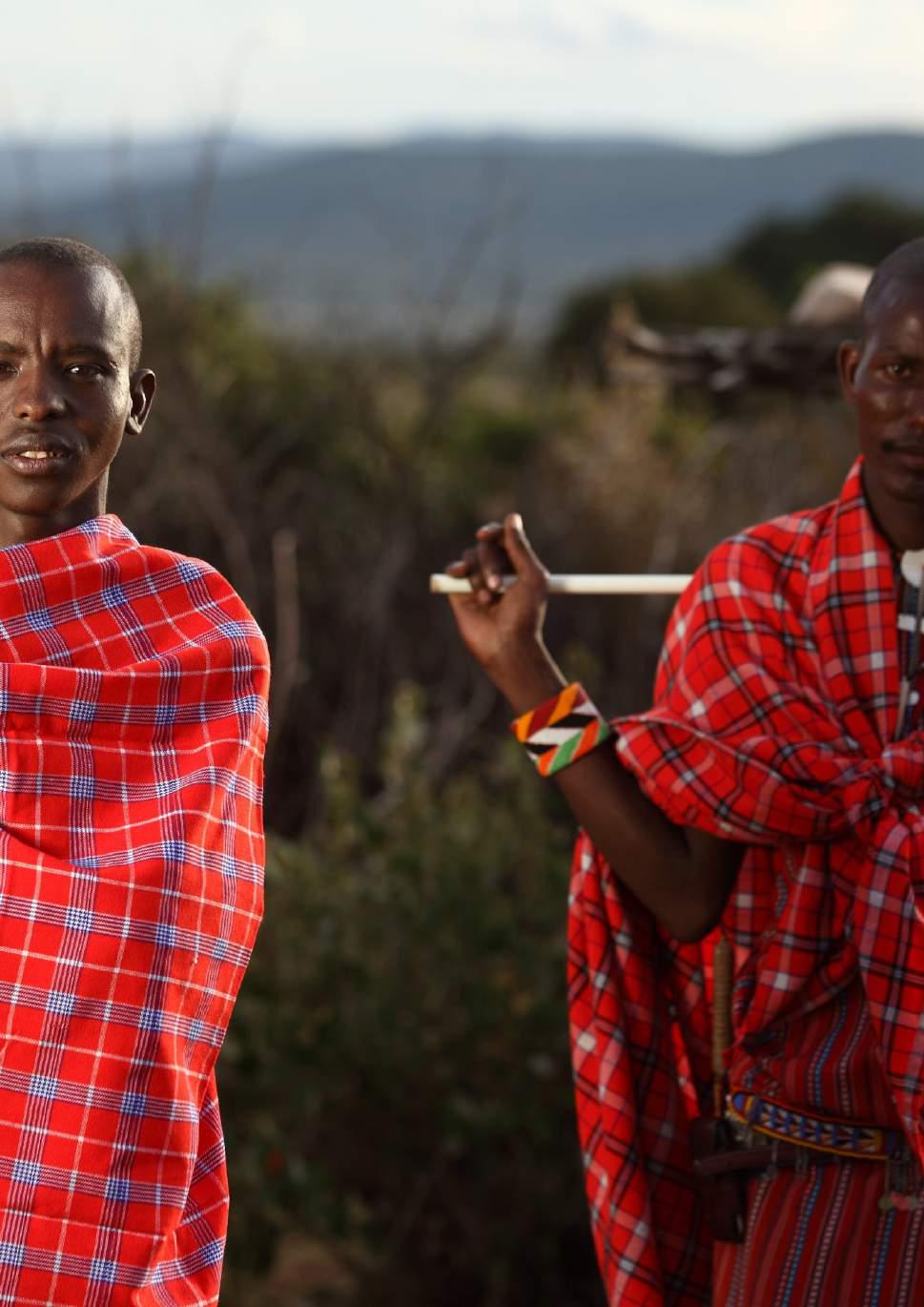
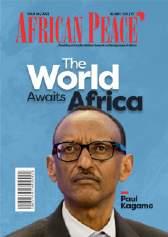
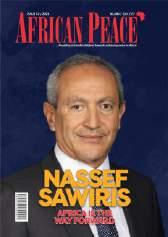
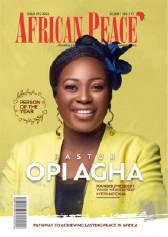
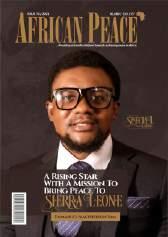
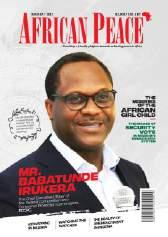
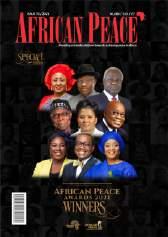
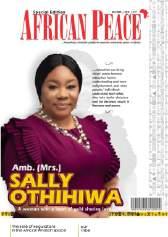
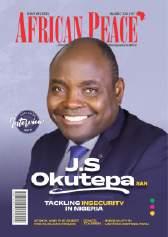
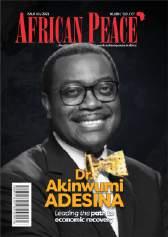
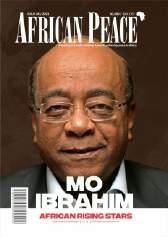
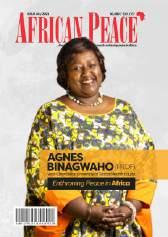
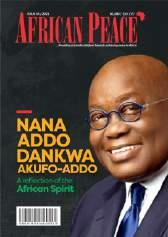
2021
now for our editions next year Subscribe 42
Through

43
INVESTMENT OPPORTUNITIES IN NIGERIA

Nigeria has the biggest economy in Africa and one of the lowest life expectancies on the world. You should consider investing in Nigeria. With over 1000 opportunities Most lucrative investment opportunities in Nigeria
Here are the most lucrative investment opportunities in Nigeria:

1. AGRICULTURE

Nigeria’s population is estimated to be over 250 million. And one of the biggest challenges is feeding this large population. Nigeria has been unable to produce enough food for it’s population so they depend so much on import
In A minister in charge of Agriculture in Nigeria at that time said the
country spends $22 billion every year on food importation. Since independent, successive government has tried to reduce food importation. And as a result, many incentives have been given. The Bank of Agriculture was created to help businesses that are into agriculture get finance and support.
There are many financial institutions including the ministry of finance in Nigeria that offer special financial assistance to Agriculture focused businesses. Agriculture is definitely one of the most important investment opportunities in Nigeria.
Investing in the Agriculture sector will be a very lucrative venture if wellplanned and executed. Areas of major interest include crops,
44
2. REAL ESTATE
Real Estate is one of the most profitable investment opportunities in Nigeria. This is because of the booming population. And large migration to major cities such as Lagos, Abuja, Port Harcourt, Uyo and the rest. Investment in real estate in major cities can be very lucrative for investors.
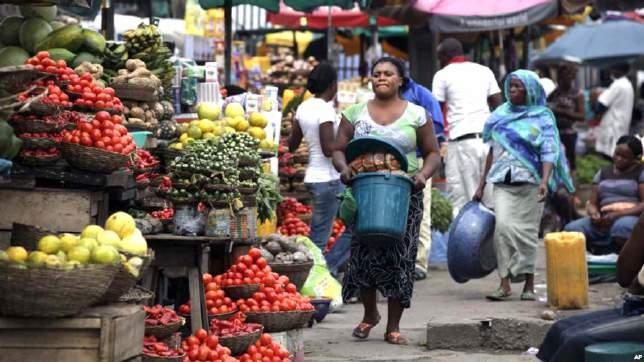
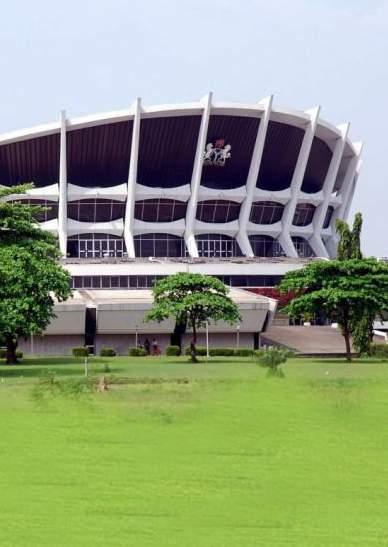
The opportunities include low-cost housing, supplies of building materials, hotels, shopping complexes and so many more. There are many aspects you can invest in real estate and make profit.
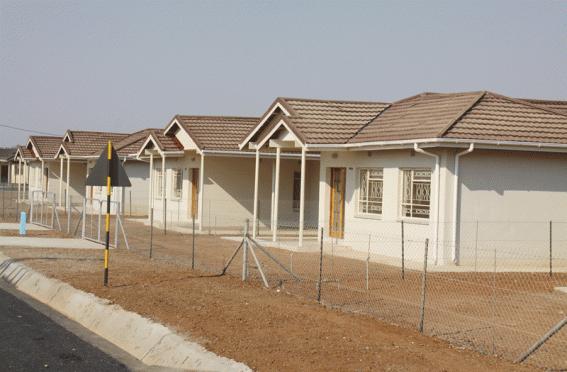
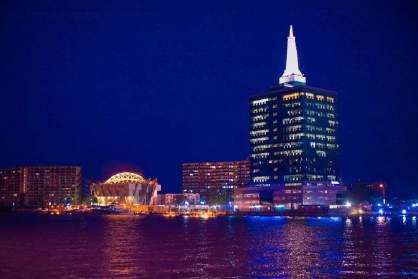
As the population continues to grow and the economy keeps growing, one of the biggest problems is housing.
3. OIL AND GAS
The Oil and Gas sector is what Nigeria depends on. Both foreign and local investors can key into the Oil and gas sector in Nigeria and watch their investments grow. Nigeria is one of the largest oil producers in the world
Here are some areas investors can key into in the oil and gas sector
· Exploration and Exploitation
· Products Marketing
· Pipe-lining
· Well Services
· Petroleum transportation Development of local alternatives for imported items such as mediumpressure valves, pumps, shallow drilling equipment, drilling mud, bits fittings, drilling cement, detonators, steel castings, magnetic tapes and more.
45
Construction and Installation
Domestic Production and marketing of Liquefied Petroleum Gas (LPG)

Manufacturing of LPG cylinders, valves and regulators, installation of filling plants, Retail distribution and development of simple, flexible and much less expensive gas burners to encourage the use of gas instead of wood and other fuels
Refining
Establishing industries to produce chemicals and Solvents from natural gas, such as Chlorinated methane, Formaldehyde and others
Establishing a plant for the production of refined mineral oil, petroleum jelly, grease and others. There are many investment
4. MINING
Apart from oil, Nigeria is blessed with very numerous natural resources that have not been given attention. An investment in these ignored areas can be very lucrative for a determined investor. The mining sector in Nigeria is way underexplored. Not much has been done. This leaves a lot of openings for potential investors who will want to have a look.

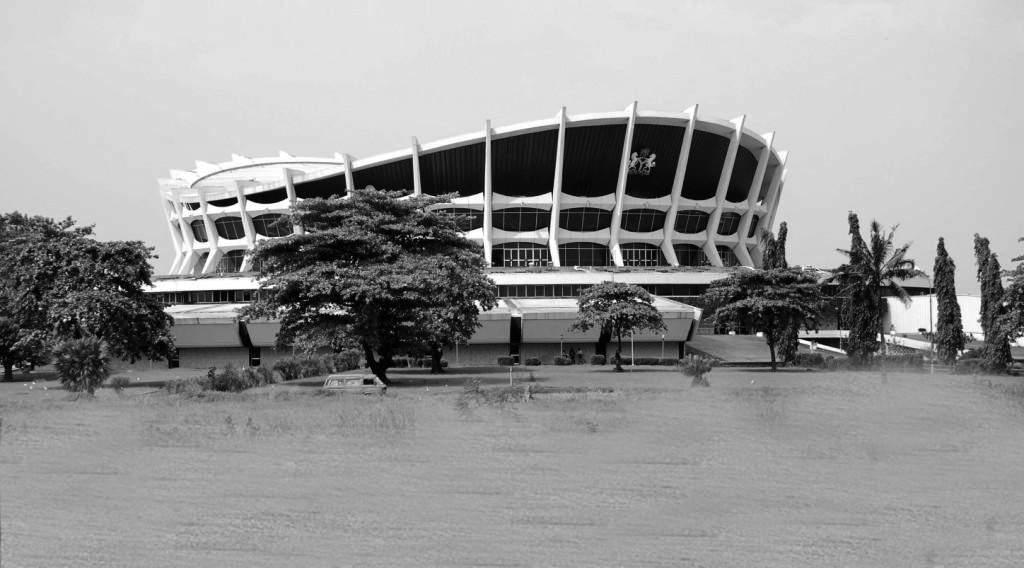
Many of the resources in Nigeria are untapped and the government
opportunities in the Oil and Gas sector.
has continued to show signs it is willing to cooperate with investors who want to get in. Some of the resources include:
· Limestone
· Coal
· Iron metal
· Bitumen
· Gold
· Columbite
· Tin
· Uranium
· Marble
· Kaolin
46
5. MANUFACTURING INDUSTRY
Nigeria is a country that is overdependent on importation for the smallest of things that you may never think of This is not good enough for the largest economy in Africa. As the economy continues to grow, there is a need to produce many things at home. The manpower is there.
An investment in Nigeria’s manufacturing sector will yield results. It will create employment and boost the economy. Consecutive governments have constantly called for investment in the manufacturing sector.
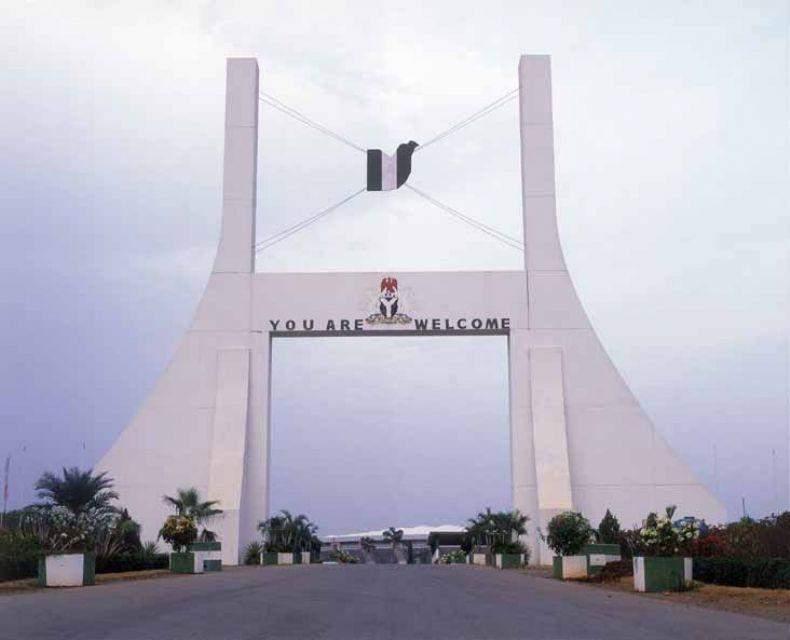
Minor household items such as toothpicks are mostly imported into Nigeria. There are many crucial things to manufacture: Food items, water (table and sachet), fibre cables, telecommunication equipment, tyres, fashion and the list is long
6. FGN SAVINGS BOND
FGN savings bond is a bond issued by the Debt Management Office (DMO) on behalf of the Federal Government of Nigeria. The bond is tailored and targeted at retail investors with guaranteed quarterly interest payment and repayment of the principal at maturity.
When you buy into the FGN savings bond, you are lending money to the Federal Government of Nigeria for a period of time and you will be paid interest. This is considered a very safe investment in Nigeria because it has the full backing of the Federal government of Nigeria.
You can invest from invest N5,000 to N50,000,000 for a period of two to twenty years. The interest you earn on each investment depends on the term
7. STOCKS
Stocks can be a very risky investment but it can also be very lucrative. If you have money that you have no urgent need for, you can put it into well-analyzed stocks.
It is like betting on a company to do well. You buy into it. If the company appreciates, you make money.
Recommended: Guide to stock investment in Nigeria
47
8. FIXED DEPOSIT
This is a good way to invest money with peace of mind. If you have huge money that you might not need for a period of time, you can fix that money in a bank or other financial institution and make big profit from it. Politicians take advantage of this a lot.
Usually, the longer you fix the money, the bigger the profit. Just approach a bank and tell them you want to open a fixed deposit account. You will be put through the process. Just go home, relax and go about your normal duty while your money is literally growing.
Recommended: Fixed deposit in Nigeria: Interest rates, investment & more


9. TECH
Tech stands for technology. Investing in technology is the best practice in this century. Technology dominates everything that we do. According to statistics, there are over 76 million Nigerians who use the internet. That is big!
Nigeria is struggling with so many problems that can be solved with technology There are many ways technology can make life better.
Invest in tech companies or build one yourself Pick a problem to solve and the future is yours.
Recently, FinTech has been trending in Nigeria. But there are many other aspects of tech!
48
10. TRANSPORTATION AND HAULAGE SERVICES (LOGISTICS)
Nigeria has a problem. Especially in big cities such as Lagos, the population is so concentrated in these areas that transportation becomes a big challenge. It is a very common thing to see a large crowd of people at different bus stops in Lagos at the close of work helplessly waiting for buses.
An investment in the transportation sector is a good investment. With the number of traffic in Nigeria, there is a need for alternative transportation such as water transport and trains.
In places where motorcycles and tricycles are allowed, it can make a good investment.
Haulage services are very lucrative. There is a constant need to transport various items from petroleum products to edible products, textiles and more.
11. FRANCHISE
There are franchise opportunities that anyone can tap into and grow money. A franchise can be the fastest way to launch a business and have many customers. Because you
will have a brand name that is trusted and well-known. This means people will patronize you from day one without any form of marketing!
12. CRYPTOCURRENCY
Cryptocurrency is trending worldwide and it is in Nigeria too. From as little as N100, you can invest in cryptocurrency and reap great returns.
There are many platforms that make it easy for you to invest. You can read: How to start investing in Bitcoin in Nigeria.
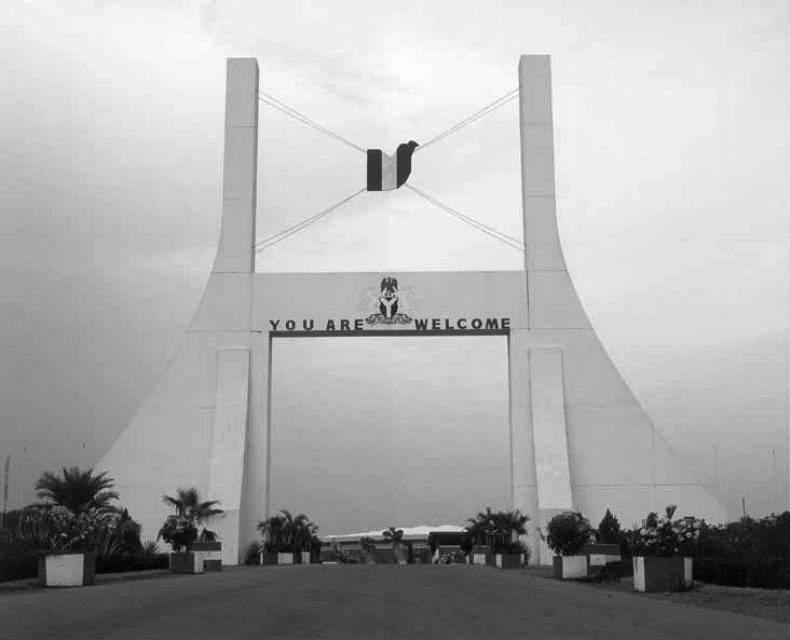
If you have a big investment, you can start a localized cryptocurrency trading platform.
13. INVESTMENT APPS
There are investments apps that can help you invest your money no matter how little you have. These apps can help you grow your money without stress. All you have to do is deposit the money in the app and you will reap profit in time. They are reliable.
49
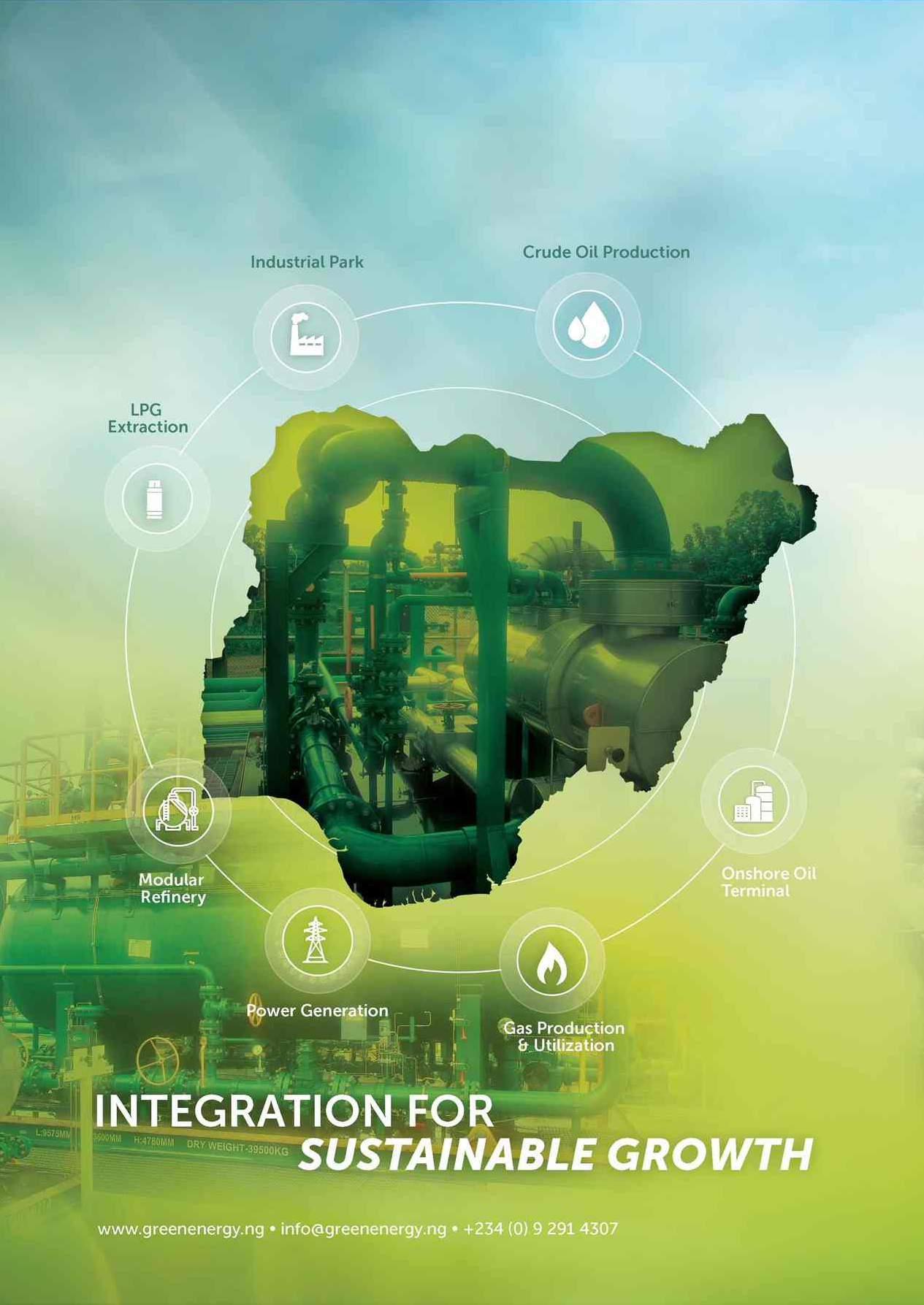
50

51

52 �10/$12 N5000 Email: africanpeacemag@gmail.com www.africanpeace.org SUBSCRIPTION ORDER FORM TEL: +44 7466 234902; +234 803 397 5746 / Email: africanpeacemag@gmail.com / www.africanpeace.org
HIGHLIGHTS OF PRESIDENTIAL ELECTION MONITORING IN NIGERIA 2023


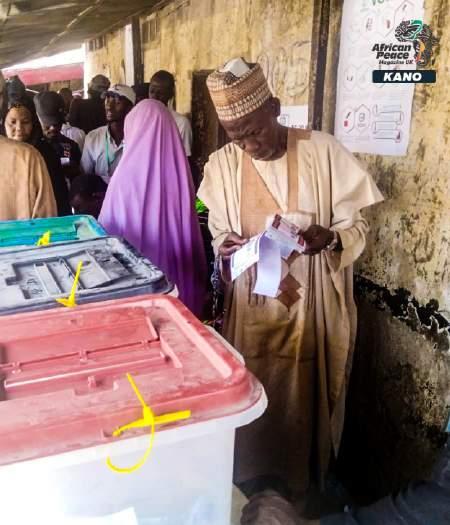
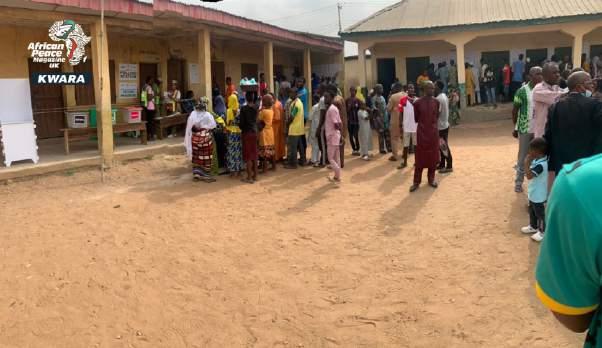
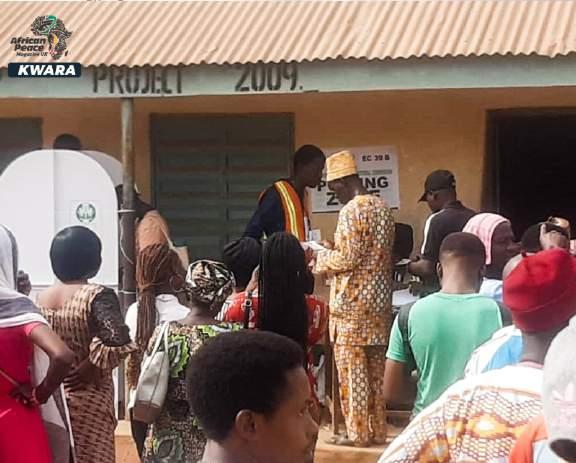
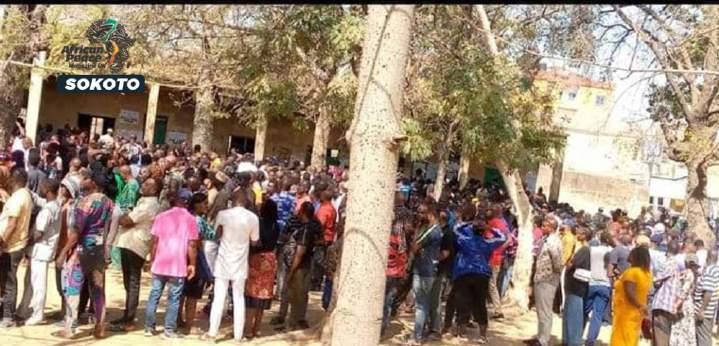
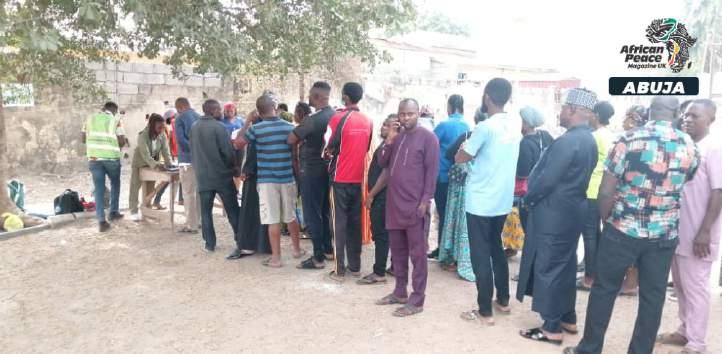
53
HIGHLIGHTS OF PRESIDENTIAL ELECTION MONITORING IN NIGERIA 2023


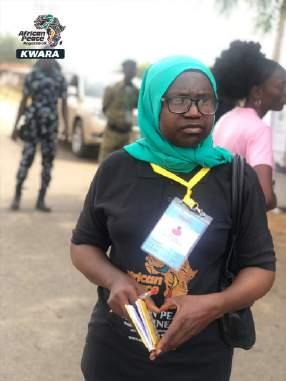
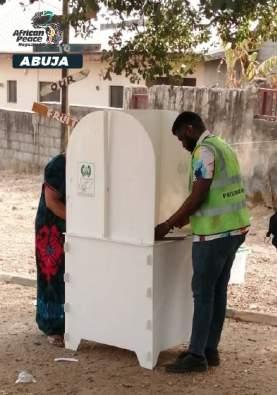
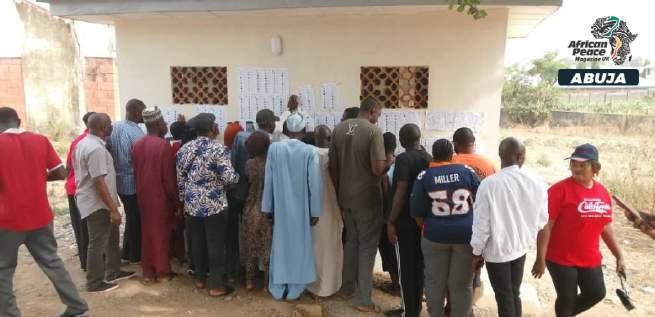
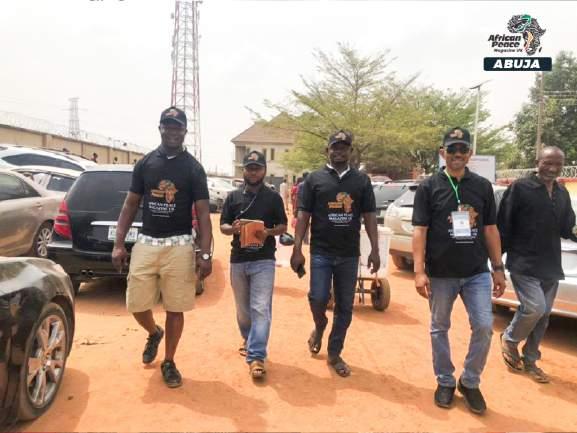
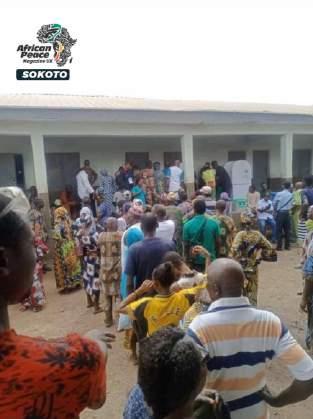
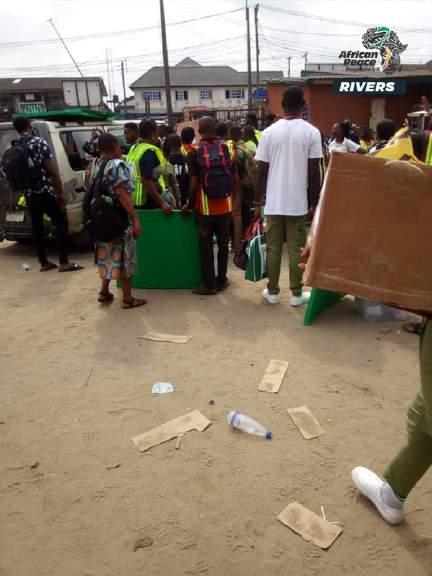
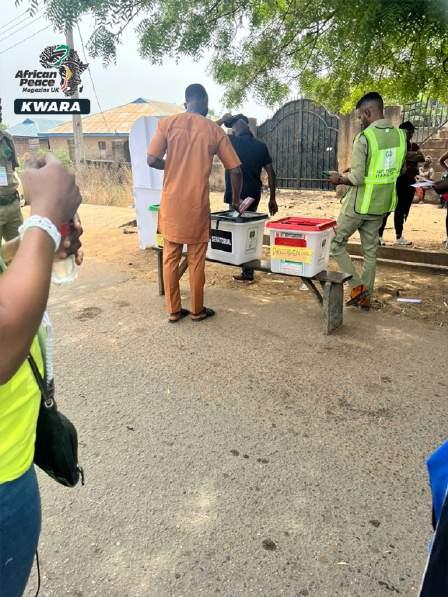
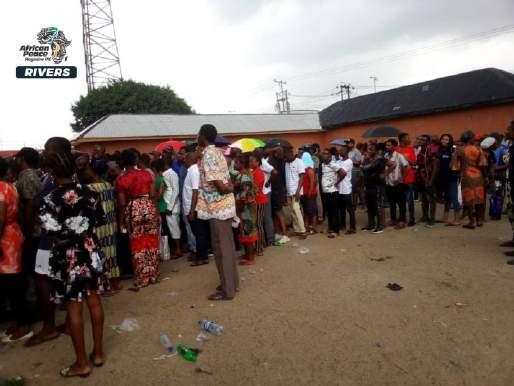
54
HIGHLIGHTS OF PRESIDENTIAL ELECTION MONITORING IN NIGERIA 2023


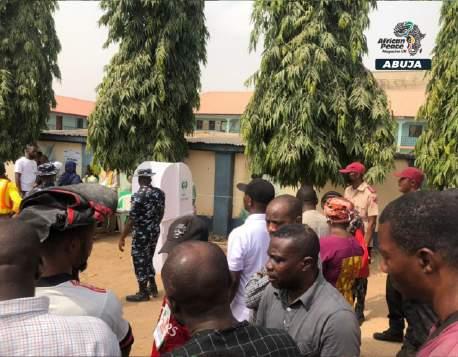
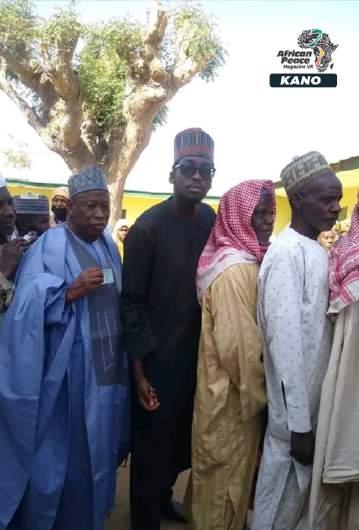
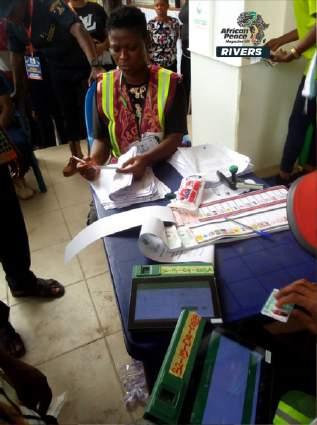
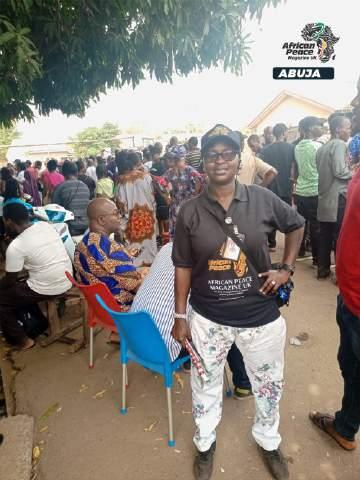
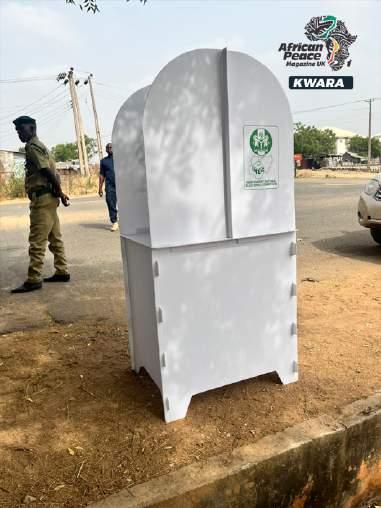
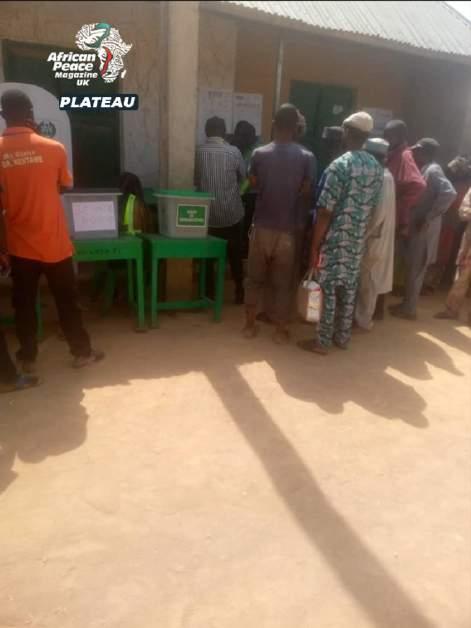
55
HIGHLIGHTS OF PRESIDENTIAL ELECTION MONITORING IN NIGERIA 2023


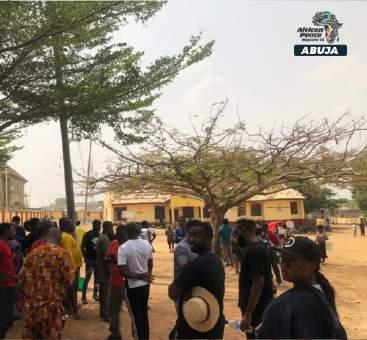
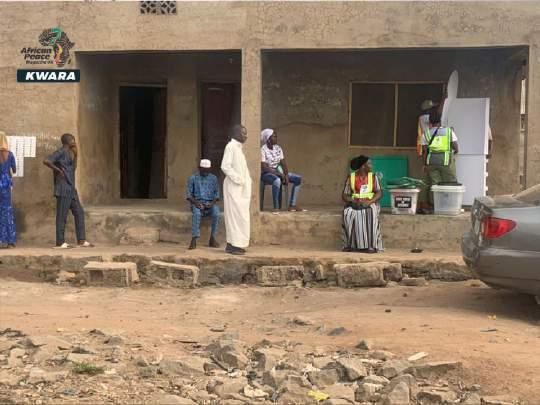
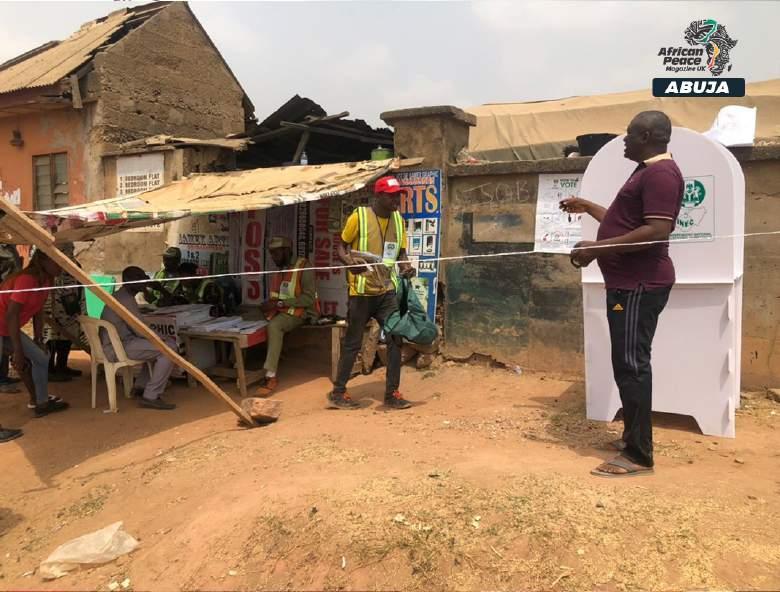
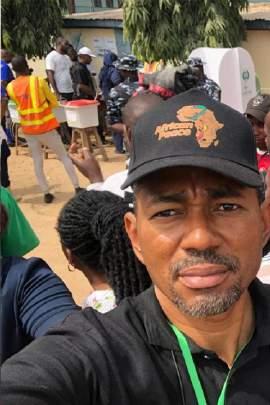
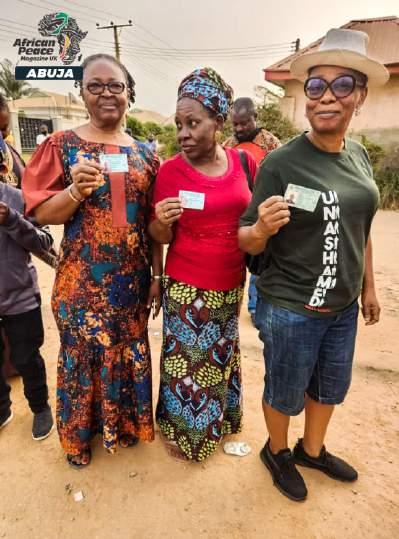
56

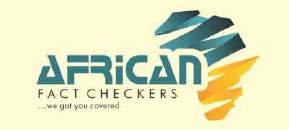

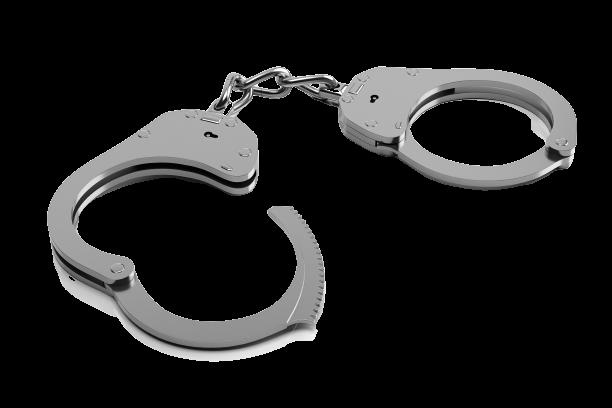
57
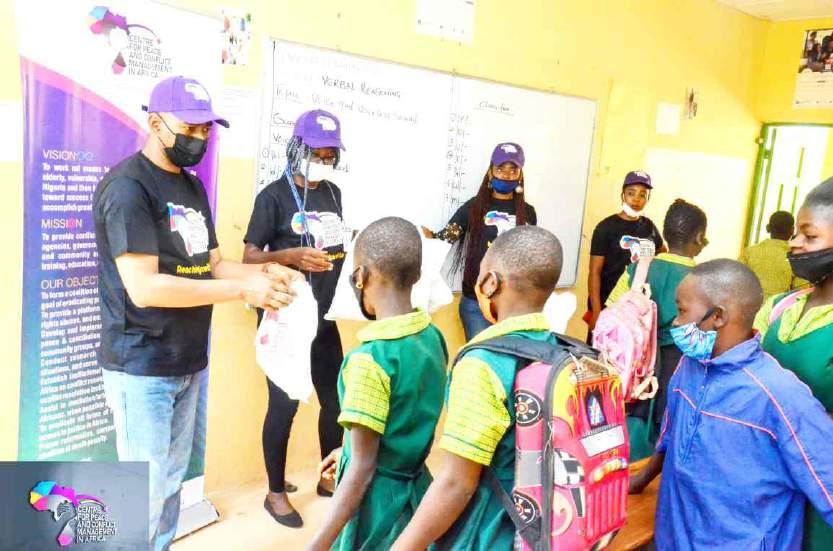
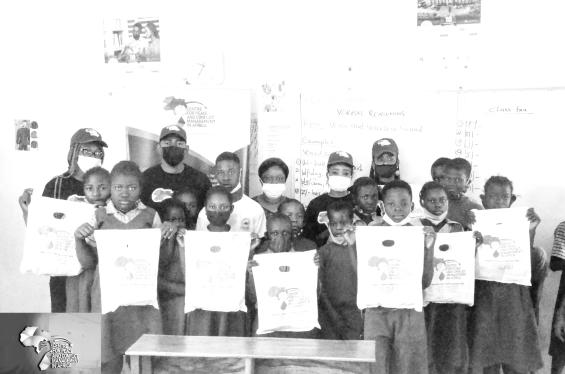
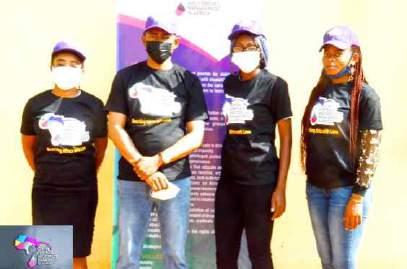
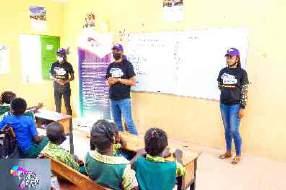

58
UNITED STATE OF is Poss�le?
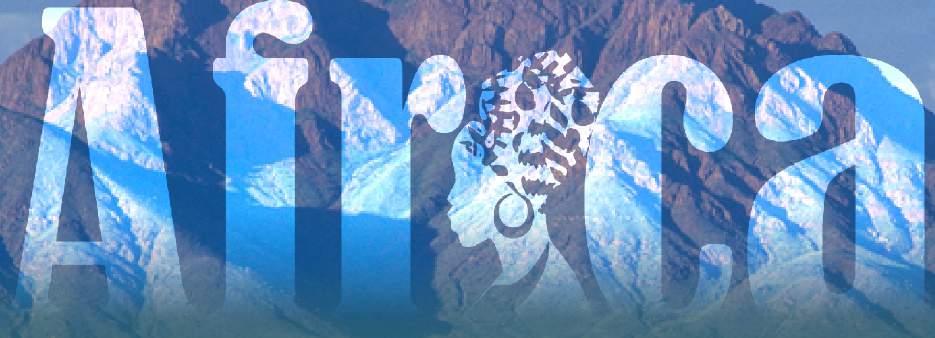
In a recent video, South African farleft leader, Julius Malema, admonished Africans to find indigenous ways to address their challenges and unite under a single state. He proposed the elimination of borders created by colonialists and the promotion of tolerance among Africans. To some extent, Malema is right. Borders are alien to Africa and people need to love one another But he is fundamentally wrong about the prospects of Africa as a country.
Here are five reasons he and other advocates of a United States of Africa should have a rethink.
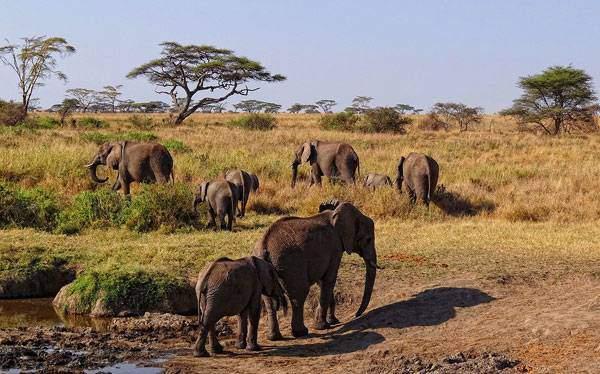
1. Africans are Historically Autonomous
One of the incoherent assumptions of this school of thought is that colonialism brought different tribes together without considering their distinct cultures. This they suggest should be replaced by uniting all ethnic groups on the continent over 3,000 of them under a bigger entity. There are preferred modes of administration peculiar to each tribe
and country. It makes no sense to suggest they all adopt a unilateral administrative pattern different from what they have known for thousands of years.
Perhaps, they are deliberately neglecting the fact that contemporary African countries are struggling because of the bad arrangements by colonialists. Another amalgamation of a sort, especially a larger one, will only create further problems, moreover, Africans have always been autonomous. Before the scramble and partition of Africa in Berlin (1885), every African tribe lived within their own space with peculiar values and customs. Trade was one of the few things that brought them together while they always respected each other’s identity.
In fact, traditional Africans often broke away from their original tribes to form new communities for self-realization and freedom. The thought that this way of life can be changed by imposing a single identity is simply absurd and unAfrican.

59
2. The Language Barrier
Malema proposed Swahili as the ideal language for a united Africa considering it is the most widely spoken indigenous language. But Swahili only has some 140 million speakers, which is less than 15 percent of the 1.2 billion population of the continent. The adoption of such a language, if at all accepted by speakers of the other 2,000 African languages, would require an extraordinary amount of effort, especially funding.
China and India are often referenced as good replicas for Africa in this regard, but both countries owe their success to shared ancestral language among their people. Whereas, imposing an alien language on a group, is an attempt to erase their identity. If Malema wants Africans to reject English and French because they demean their identities, then he should not be guilty of the same.
3. What’s an Ideal Administrative System?
Most advocates of a United States of Africa often propose a unitary system with one parliament and president. Others believe either federalism or confederalism would work better to
preserve the autonomy of the numerous ethnic groups. Either way, the geopolitical structure of the continent would not allow for such unification. African society is too complex to work under a unitary system. There are preferred modes of administration peculiar to each tribe and country. It makes no sense to suggest they all adopt a unilateral administrative pattern different from what they have known for thousands of years.
A unitary system is only ideal for a small geographical area with common values. Africa covers a staggering 11.7 million square miles almost three times the size of Europe and it is deeply pluralized. Equally, neither federalism nor confederalism would likely work. Both systems have horribly failed in many African countries and blocs. Nigeria and the African Union (AU) are good examples. Nigeria, for instance, has over 250 ethnic groups, just like there would be in the United States of Africa. However, since the country adopted federalism in 1963, it has struggled with structural problems ranging from resource control to ethnic marginalization and defining the extent to which federating units should be autonomous.

60
Also, if the AU had achieved its goal of uniting Africa under a confederacy, there would be no calls for another form of union. The bottom line here is, people do better when they are not forced into a coalition.
4. DIFFERENT ECONOMIC VALUES
Different tribes have specific attitudes toward the economy. Constricting everyone into a single mode of economic reasoning would be inhumane as much as it would be, chaotic. It is antithetical to how Africans have lived for centuries.
No traditional African society was the same in its approach to commerce and trade as the other, and those values stand until today. This peculiarity is one reason centrally planned economic reforms in many African countries often fail to yield expected results among different tribes.
Again, a critical reason the economies of equally larger unions such as China and India have worked is because of the homogeneity of values among their people Regardless of whatever economic model is adopted in a unified Africa, it would be difficult to make it work for every society.

5. IT IS A PATHWAY TO TYRANNY
Perhaps Malema and his comrades have yet to realize that the more powerful a central government is, the greater the possibility of tyranny. This is
evident in the level at which postindependence African leaders have grossly abused power. One leader in control of a big entity with enormous resources, judging by the political history of modern Africa, would be extremely dangerous.
More so, rotating the office of the Head of State among each tribe without problems is almost impossible as we have seen in the old Sudan, Rwanda, the Central African Republic and Nigeria. There equally cannot be a parliament comprehensive enough to accommodate every tribe that makes up the continent. The end result would be an insufficient representation of interests, which often result in calls for secession.
Nonetheless, the effects of Colonialism on Africa’s political history is proof that bringing people together without considering their traditional ways of life is wrong. What Africa needs to work is for countries to allow more autonomy for local governments i e., states, counties, provinces, etcetera, and prioritize multinational cooperation on the regional level, i.e., through ECOWAS, SADC, EAC, etcetera. Not through another catastrophic political unification.
IBRAHIM B. ANOBA
61
An African political economy analyst and a Senior Fellow at African Liberty. He tweets via @Ibrahim_Anoba
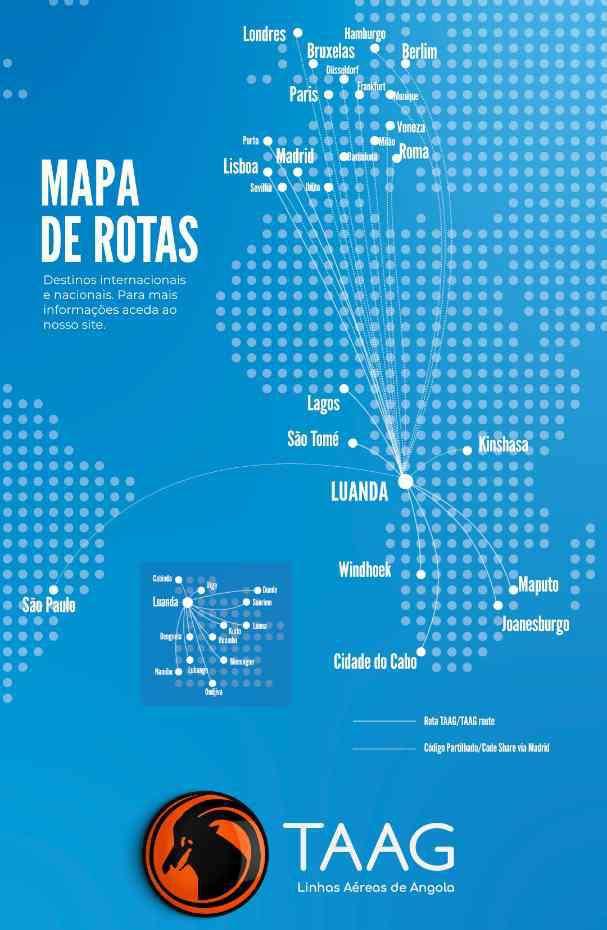



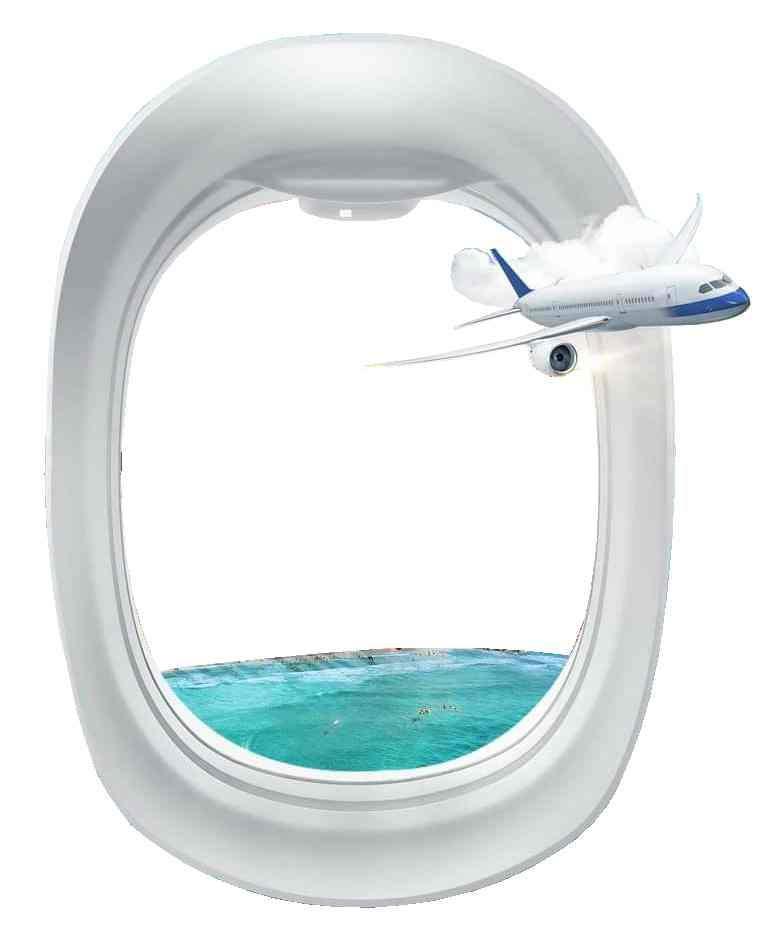





















 Editor-in-Chief NOAH Ajare
Editor-in-Chief NOAH Ajare













 Standing with ICMPD staff as a participant/speaker at the Rabat Process meeting in May 2022 at Madrid, Spain
In a joyous moment with the Former President of Republic of Kenya H.E Uhuru Kenyatta
Standing with ICMPD staff as a participant/speaker at the Rabat Process meeting in May 2022 at Madrid, Spain
In a joyous moment with the Former President of Republic of Kenya H.E Uhuru Kenyatta
























 Dear President-elect Asiwaju Bola Ahmed Tinubu,
Dear President-elect Asiwaju Bola Ahmed Tinubu,









 Issued at the Transcorp Hilton Hotel, Abuja Nigeria
Issued at the Transcorp Hilton Hotel, Abuja Nigeria












































































































